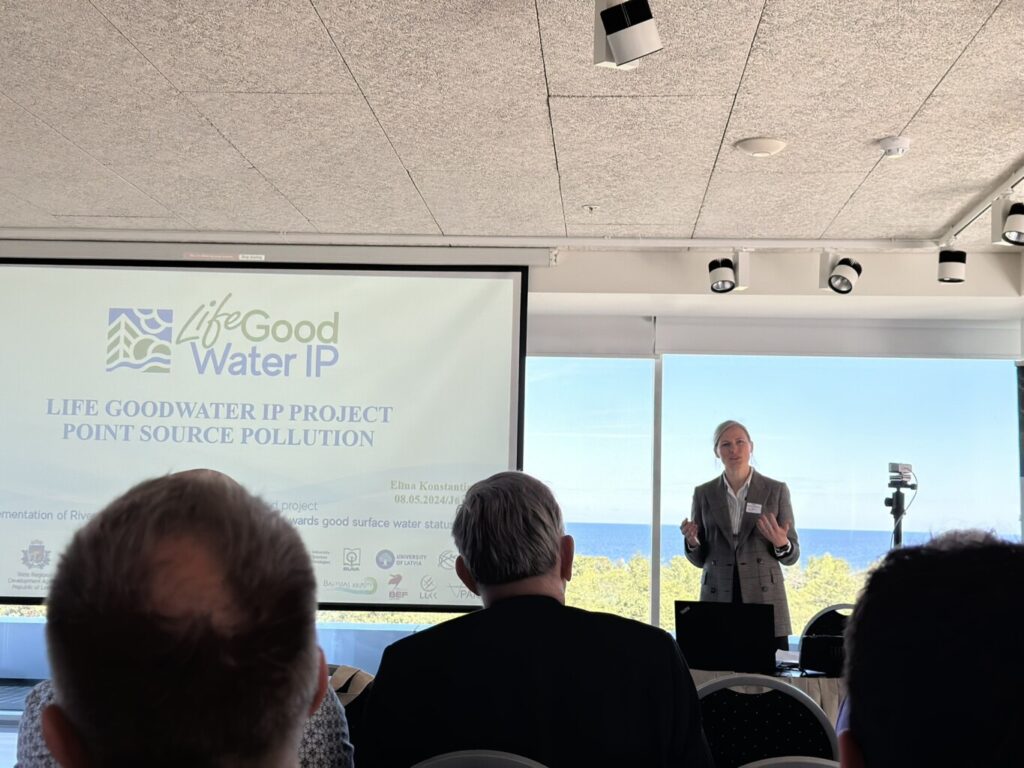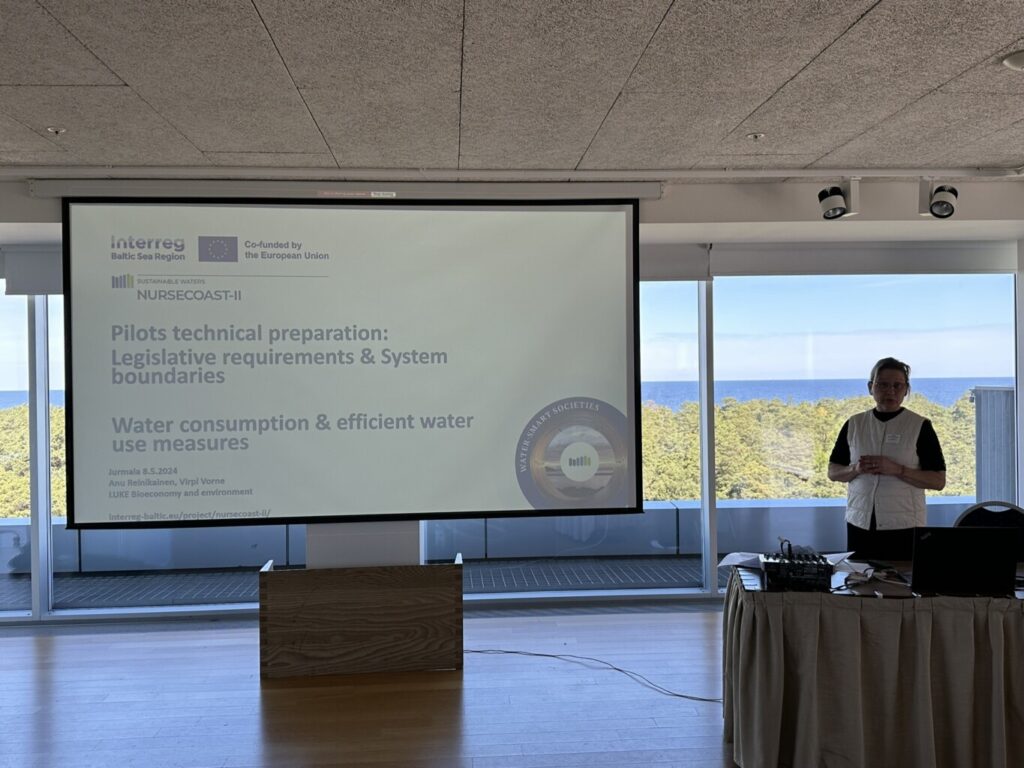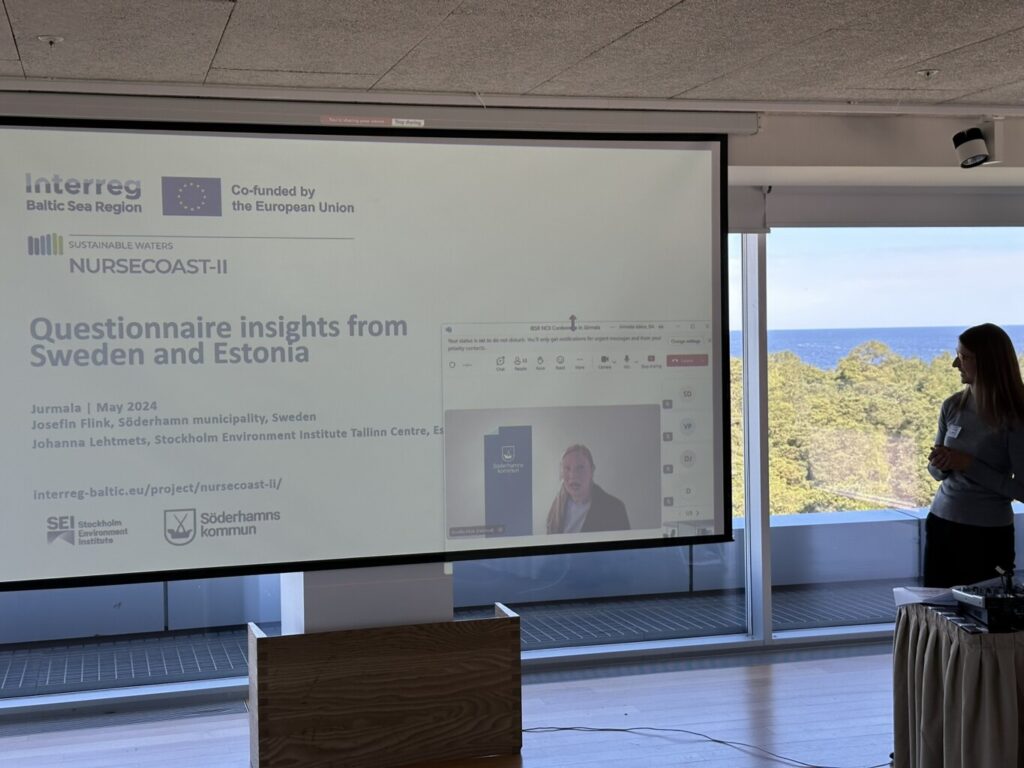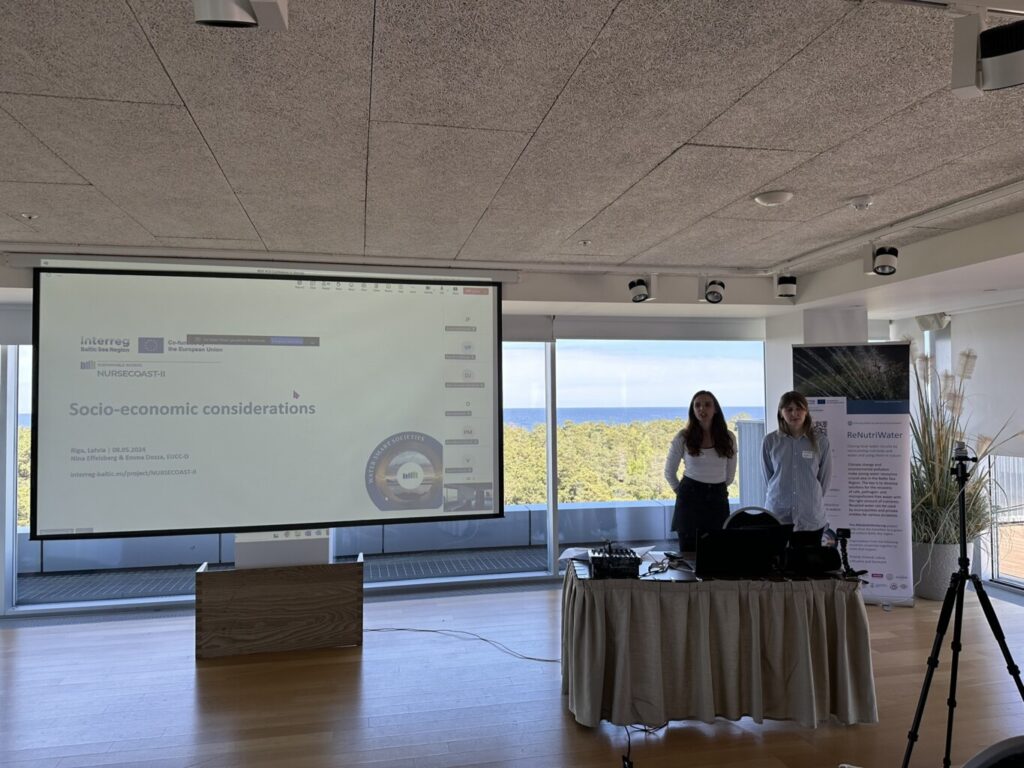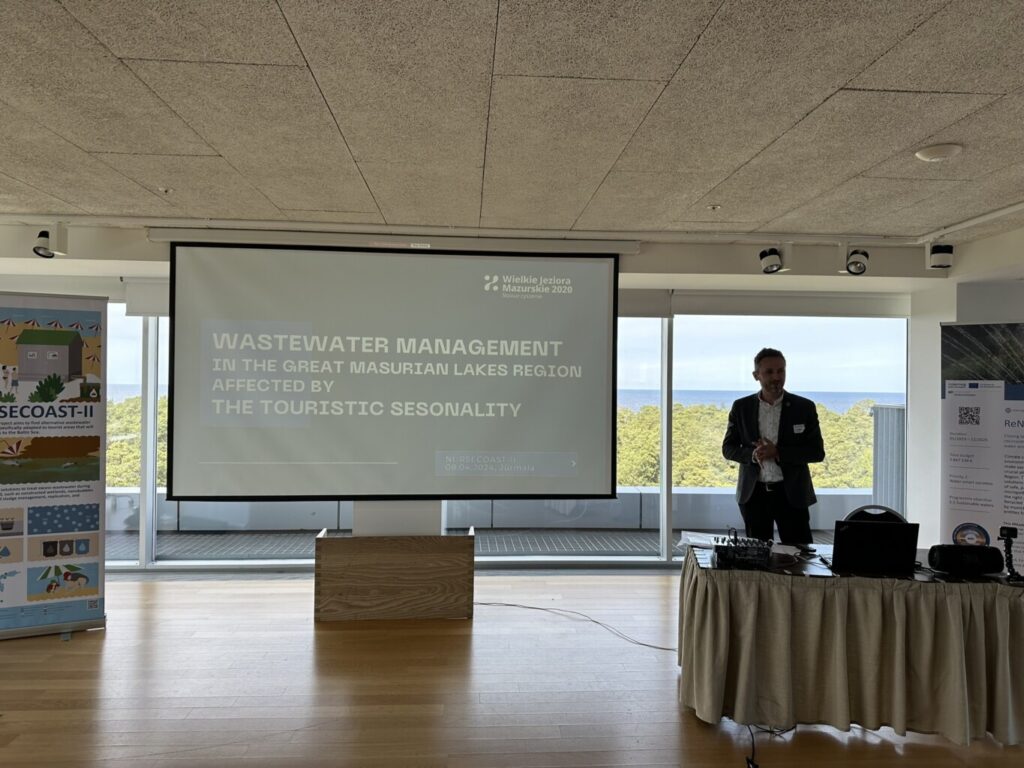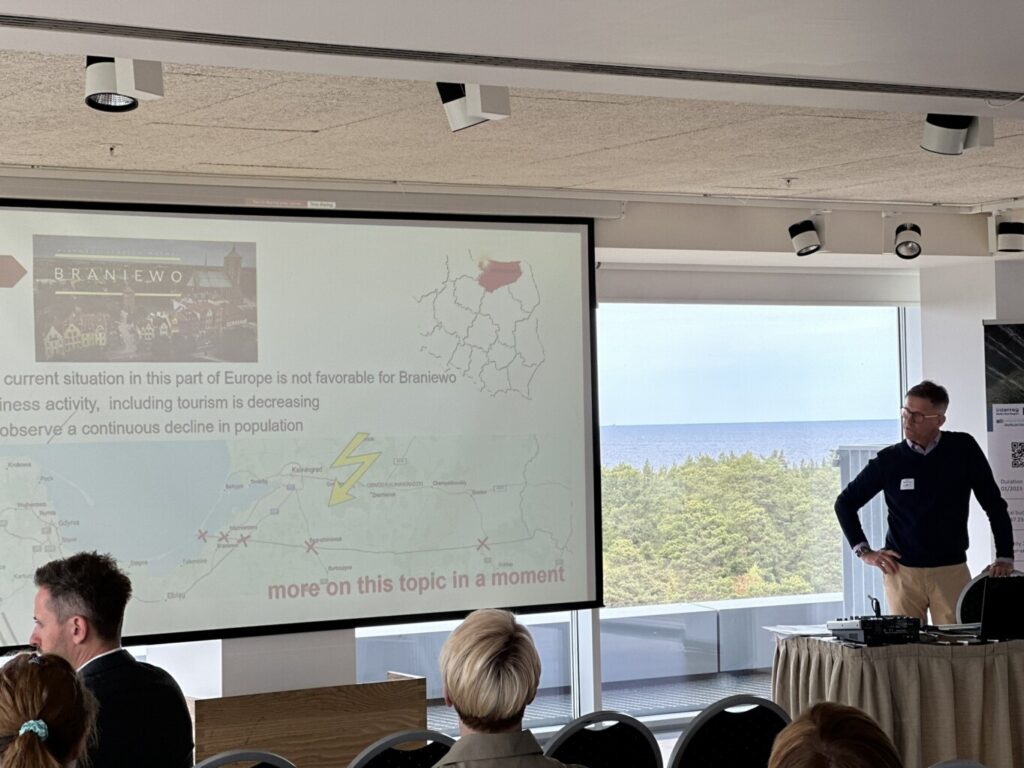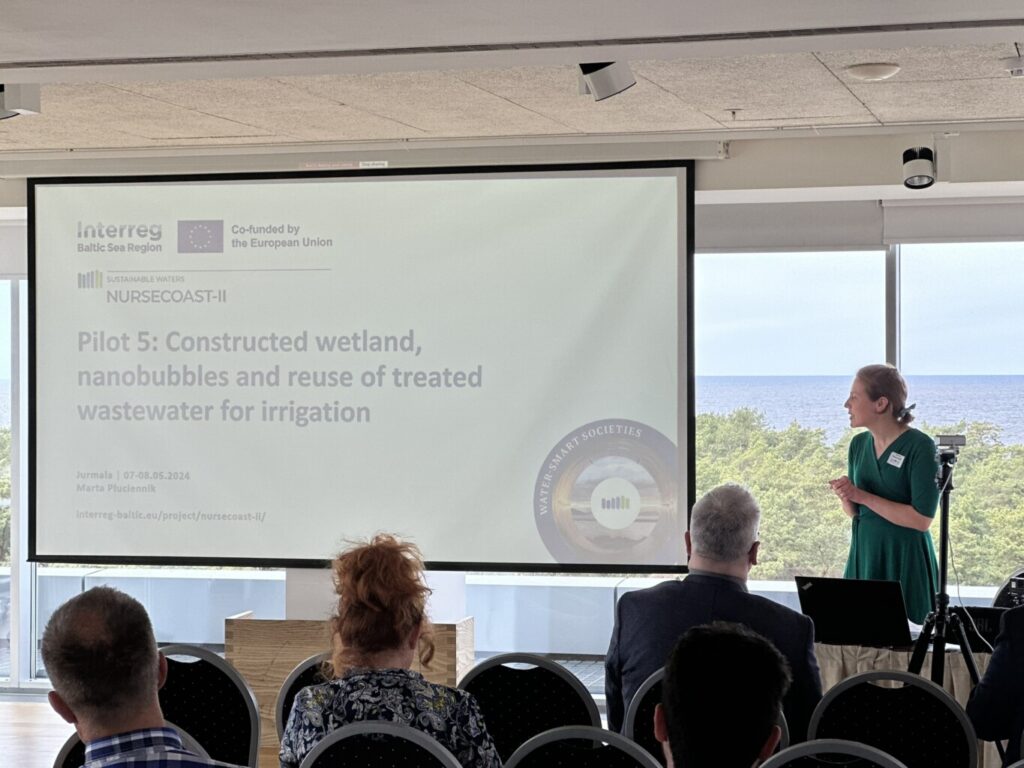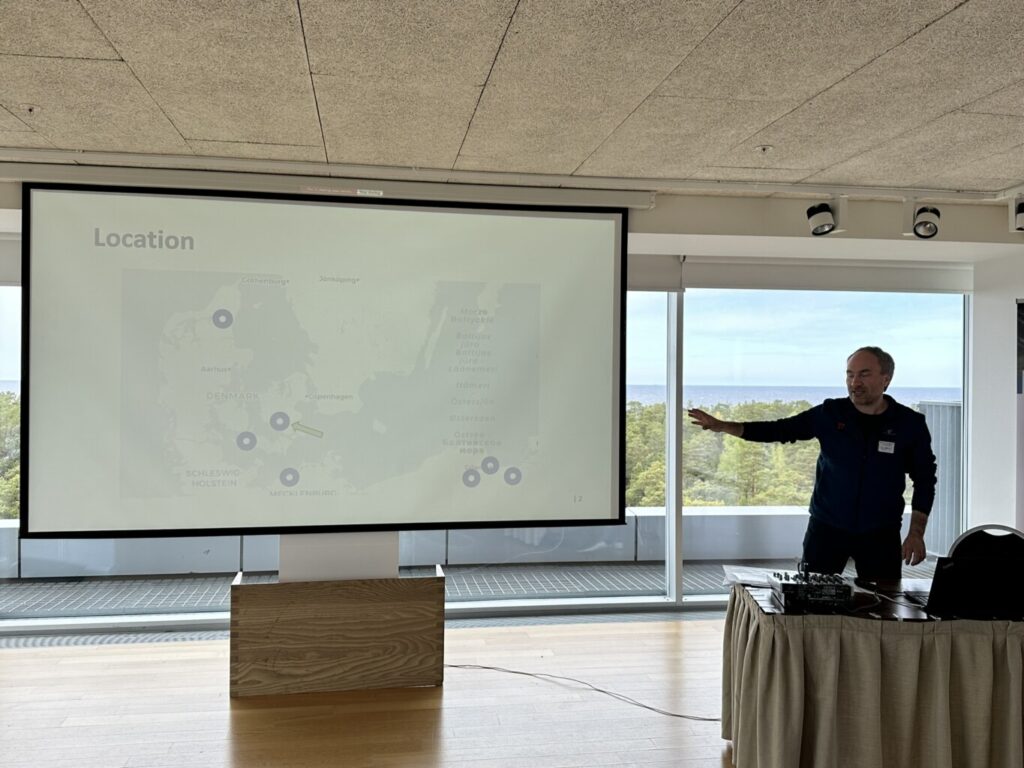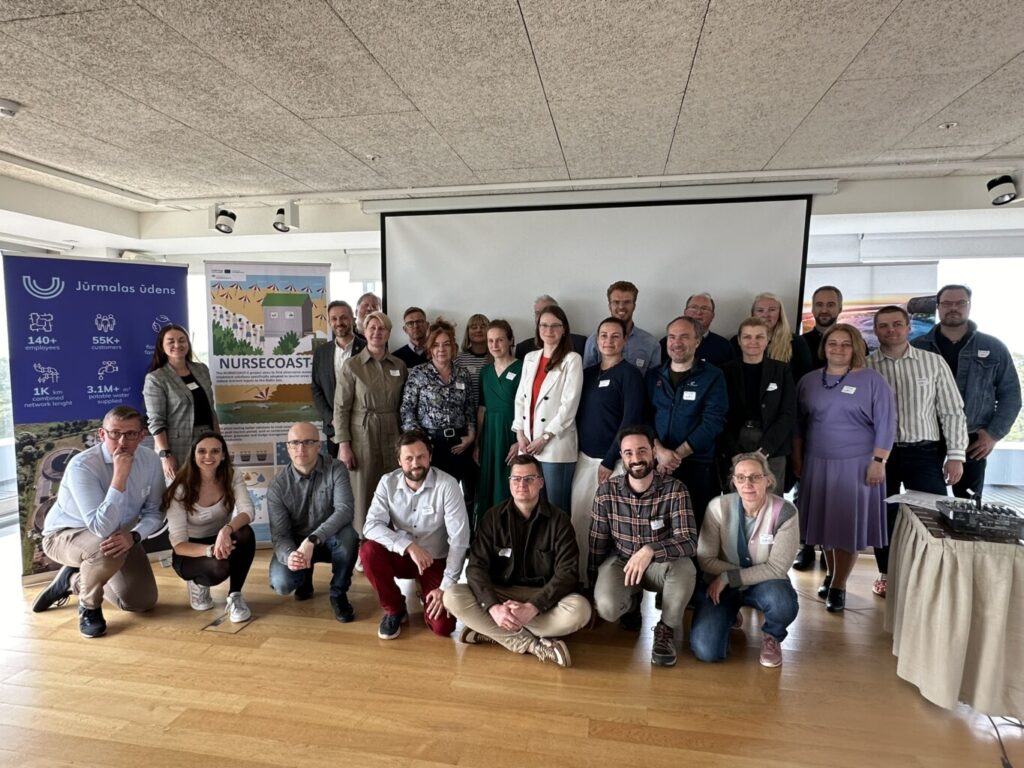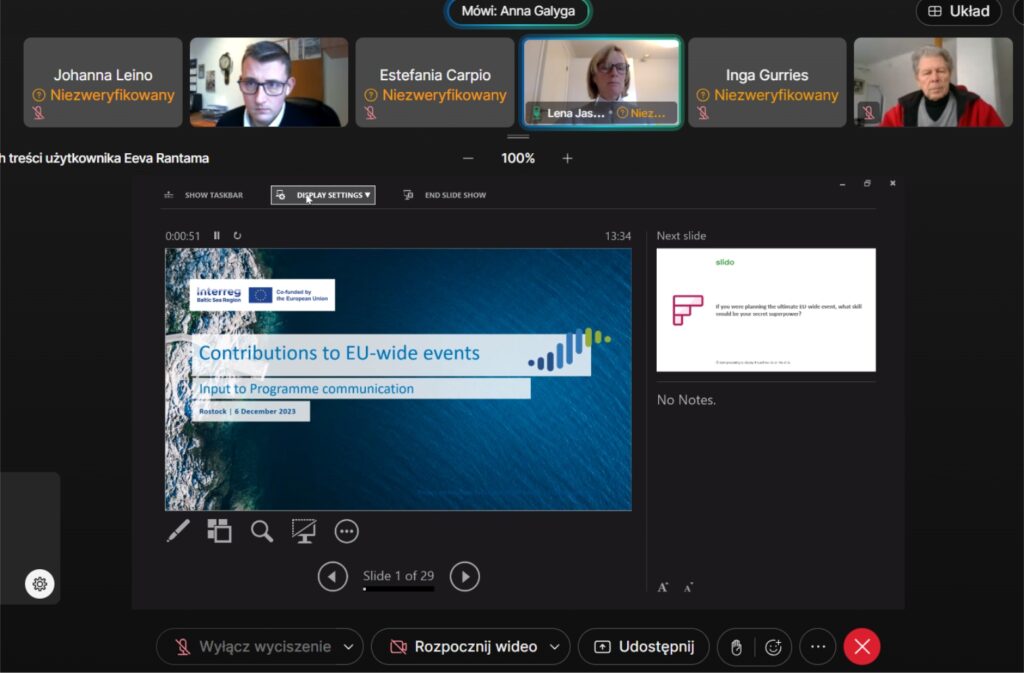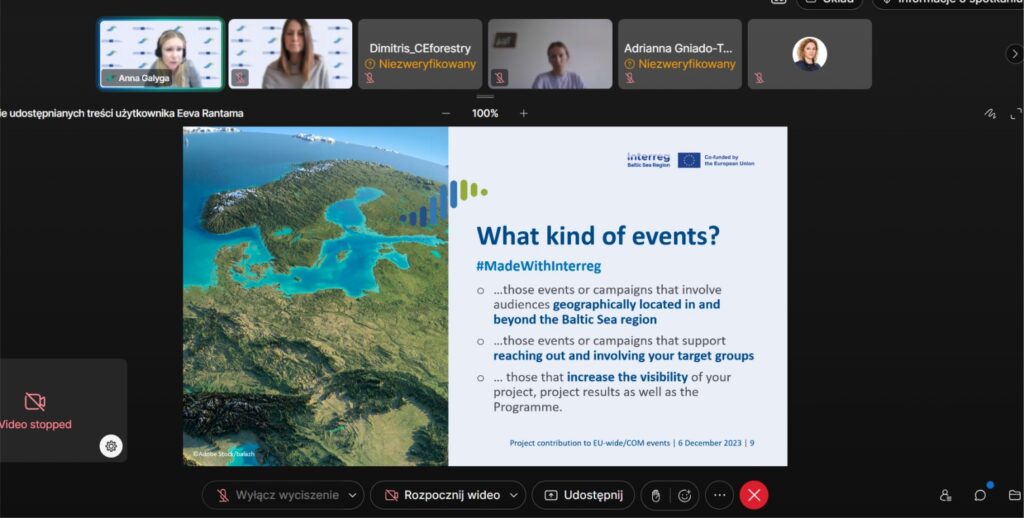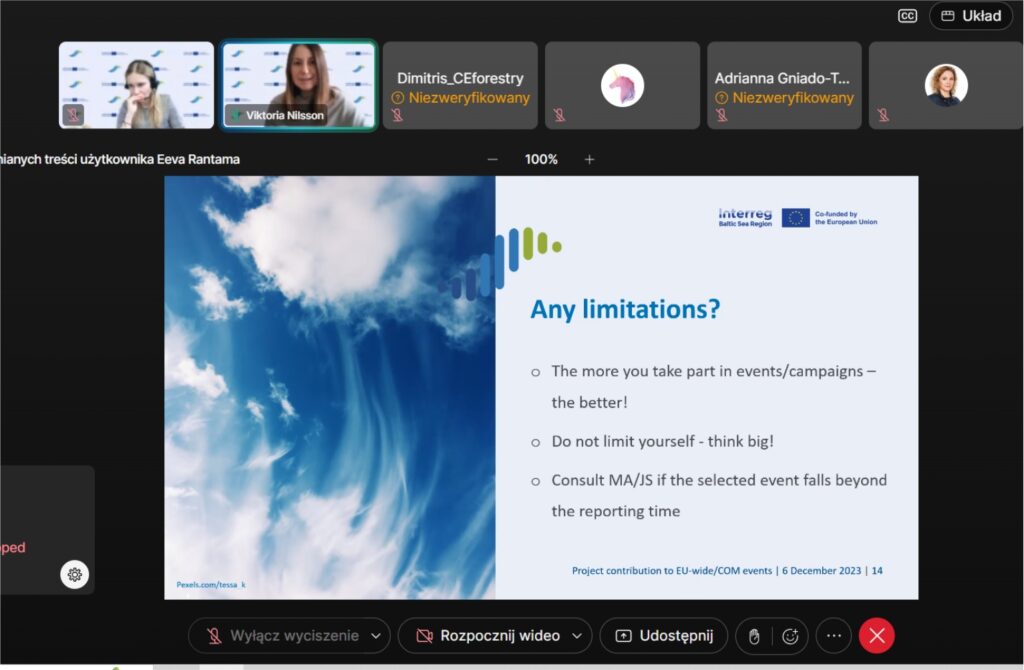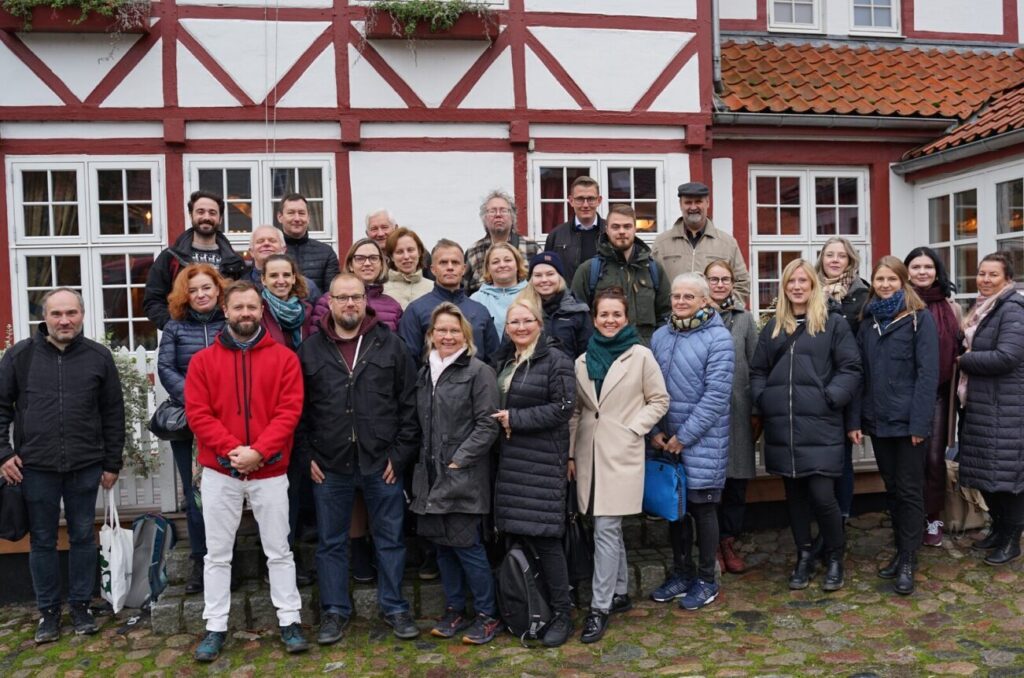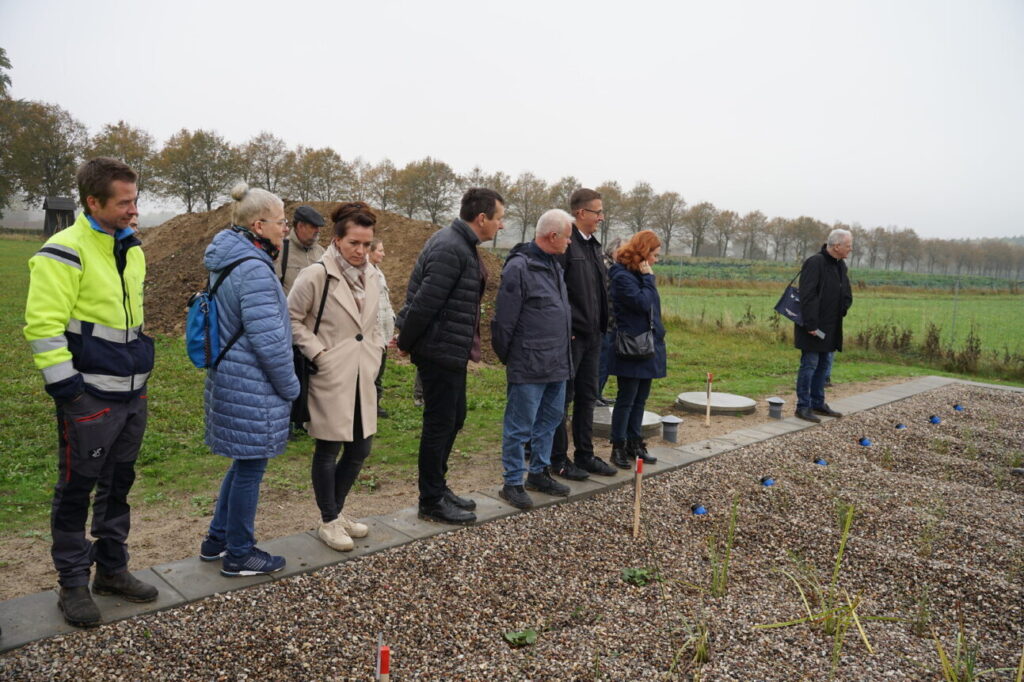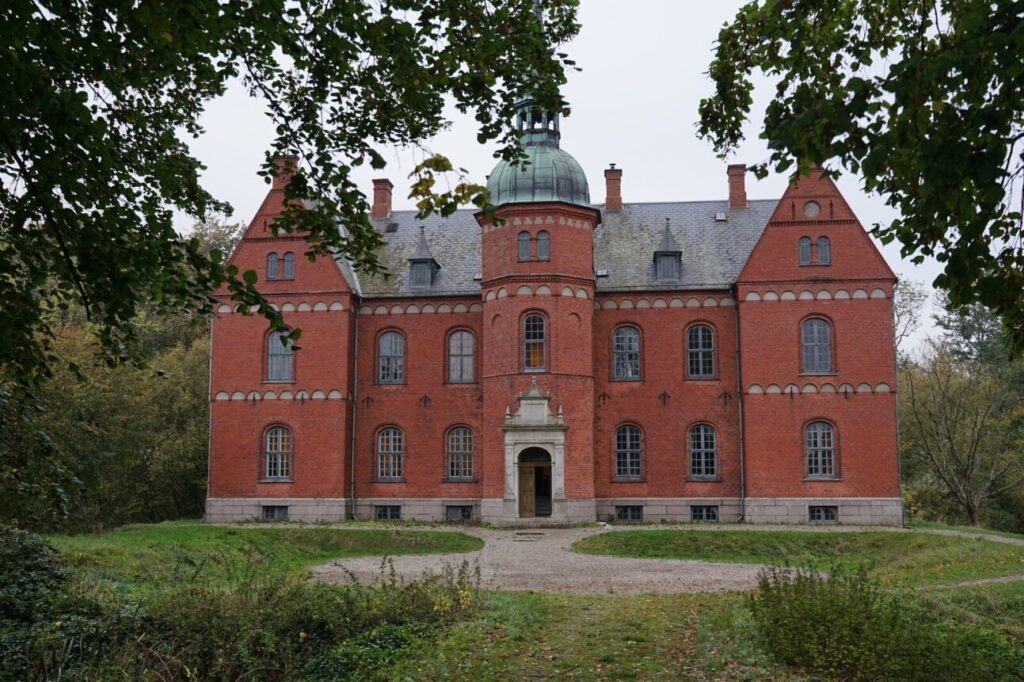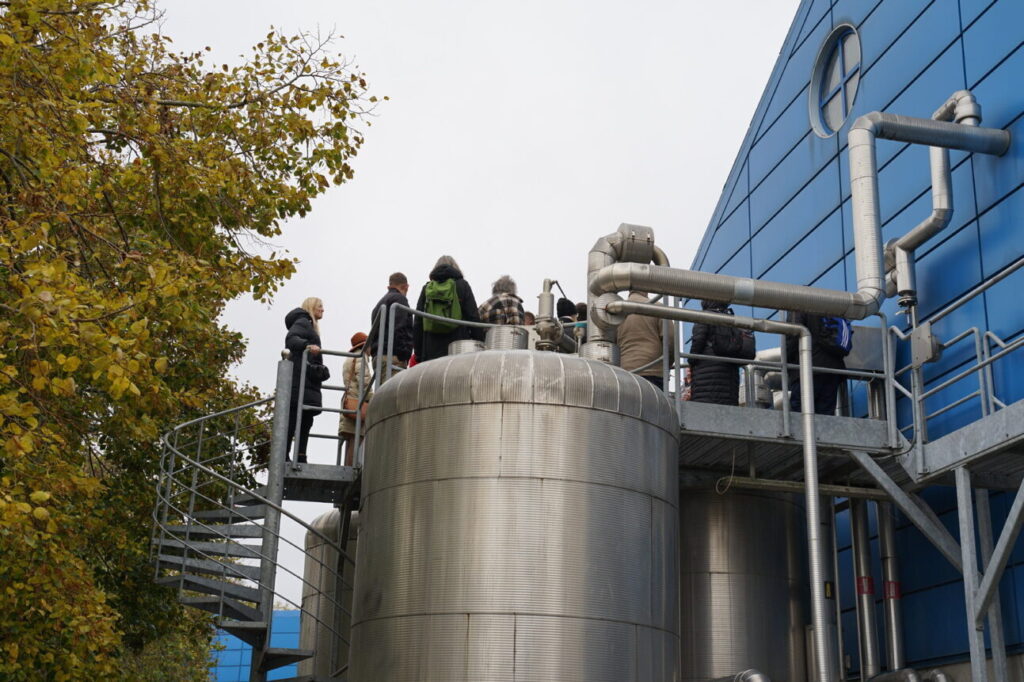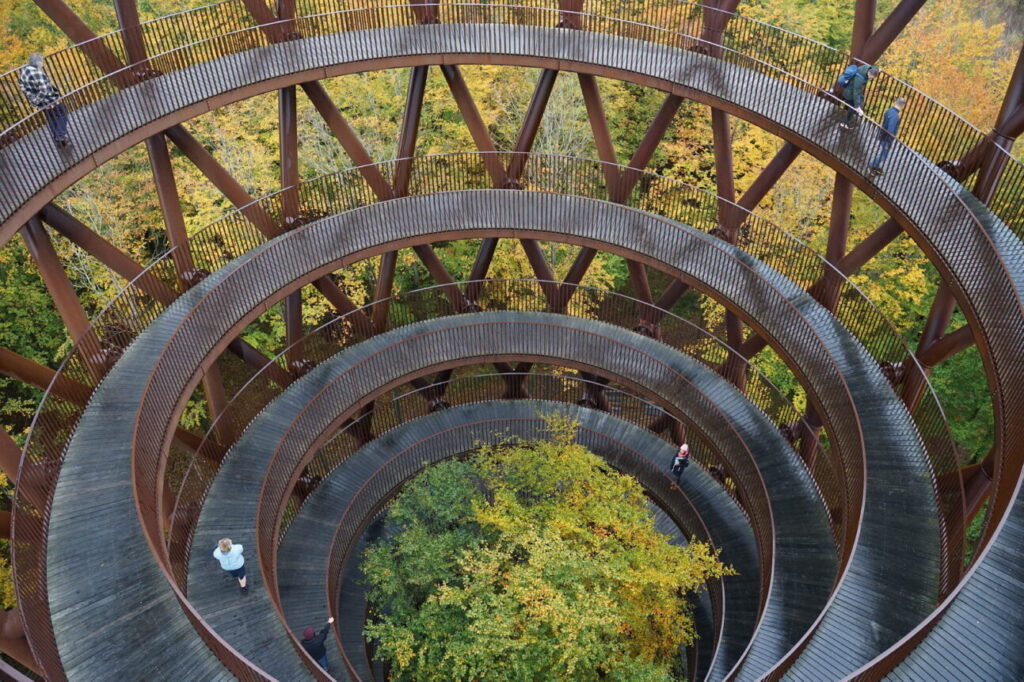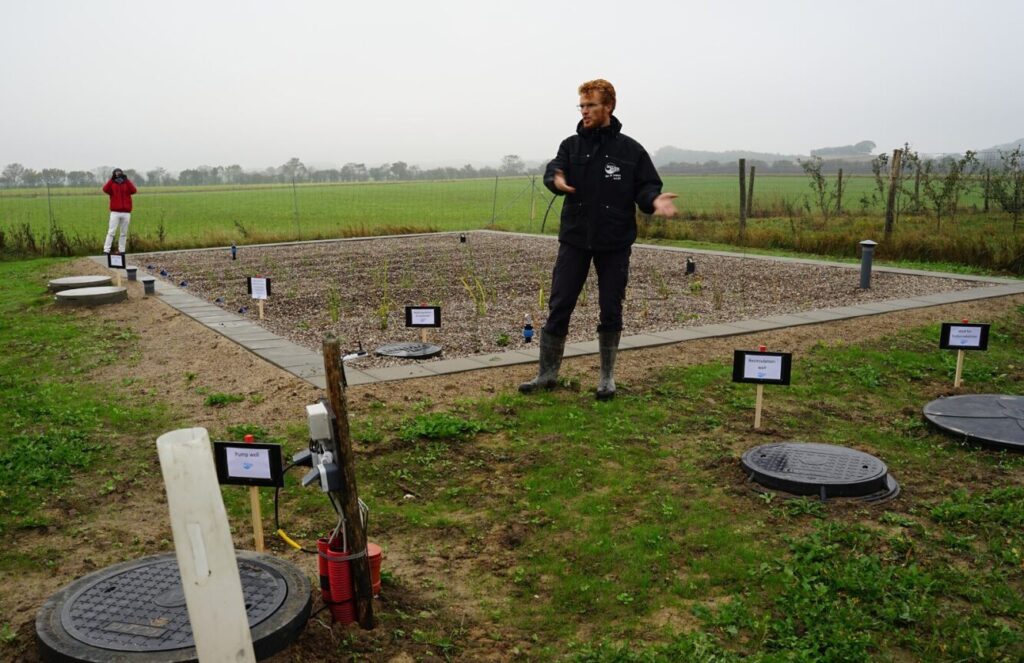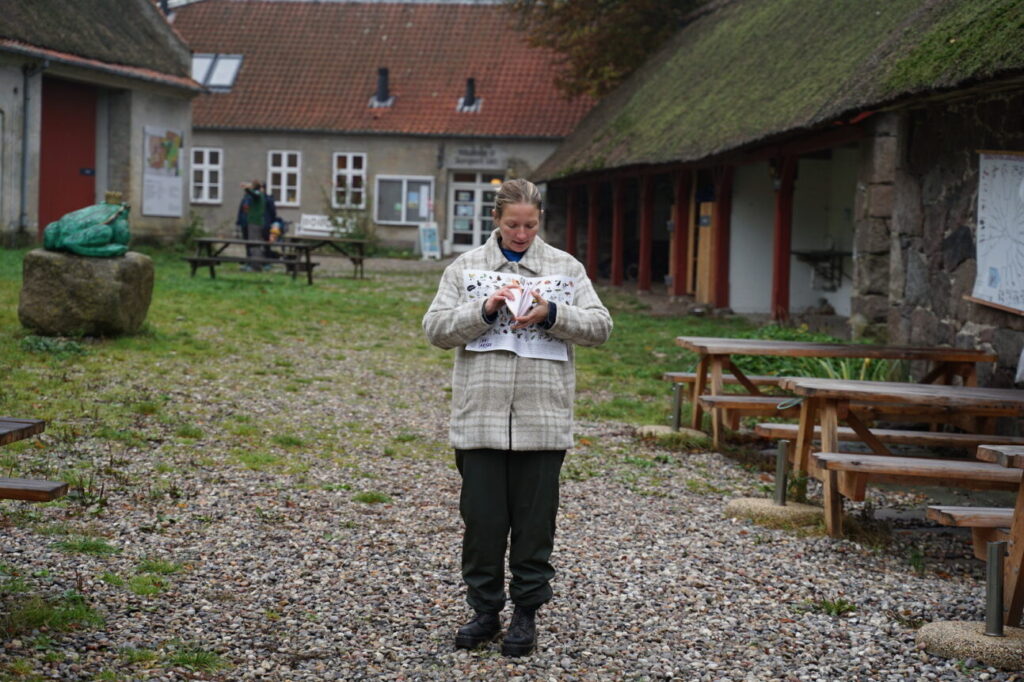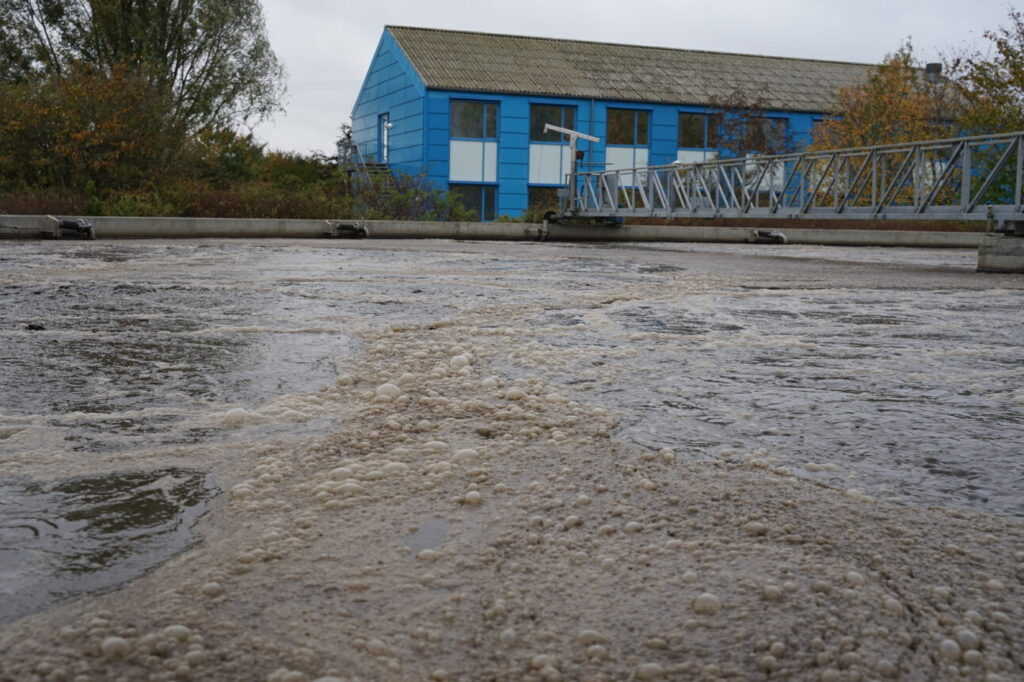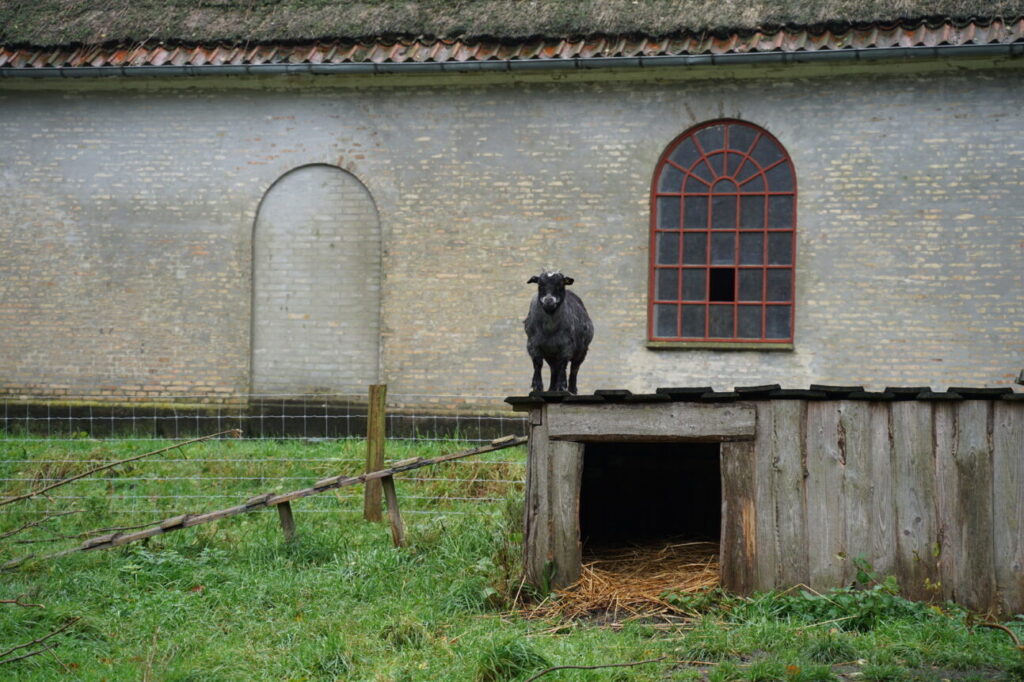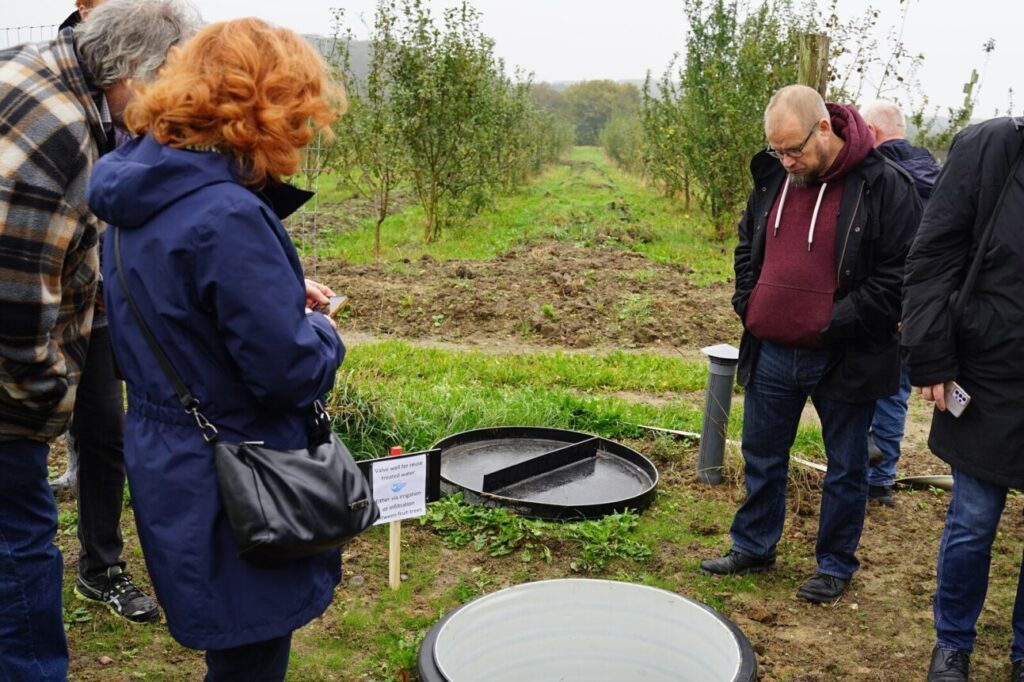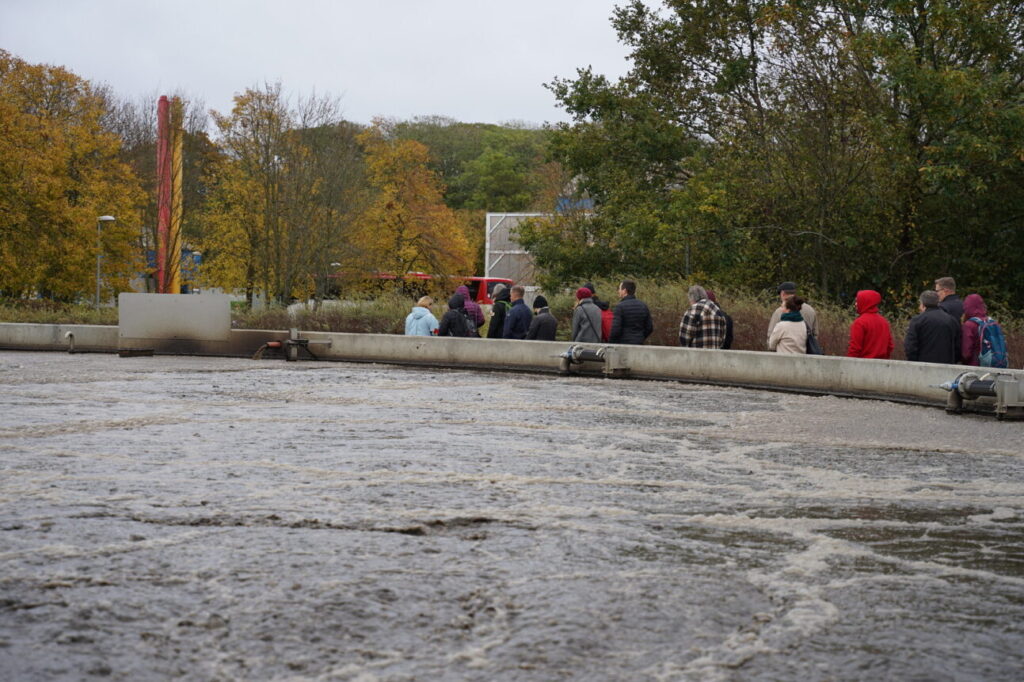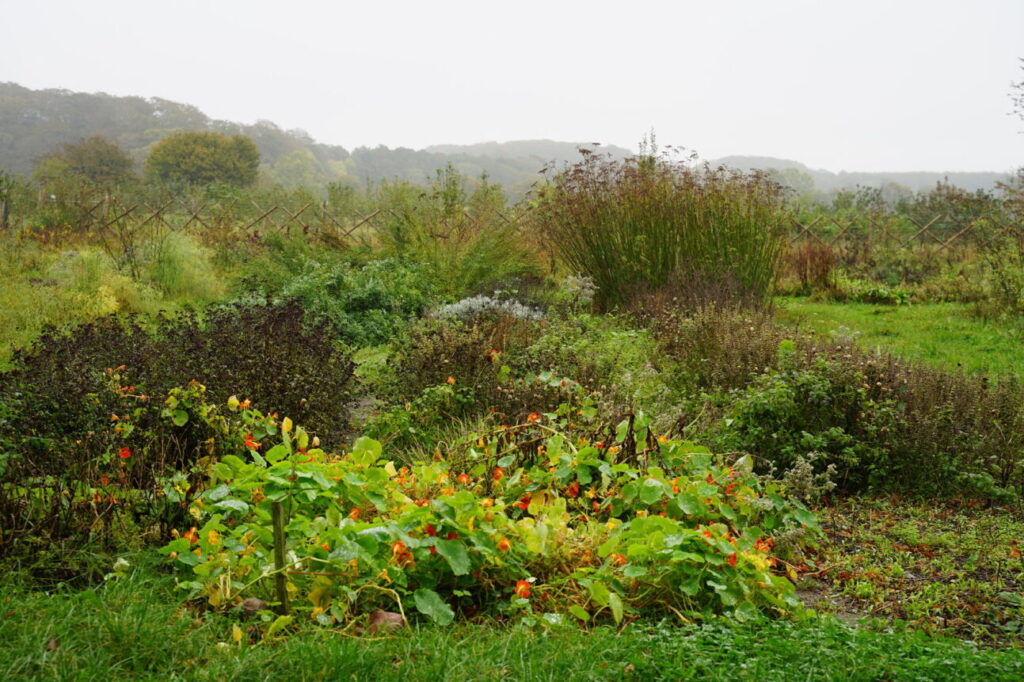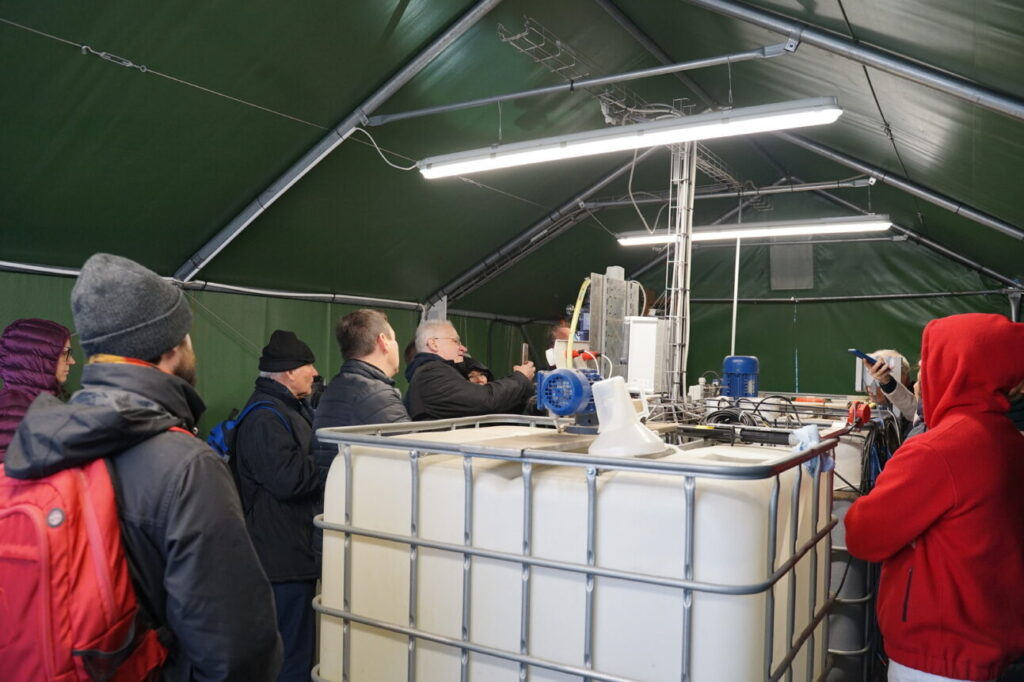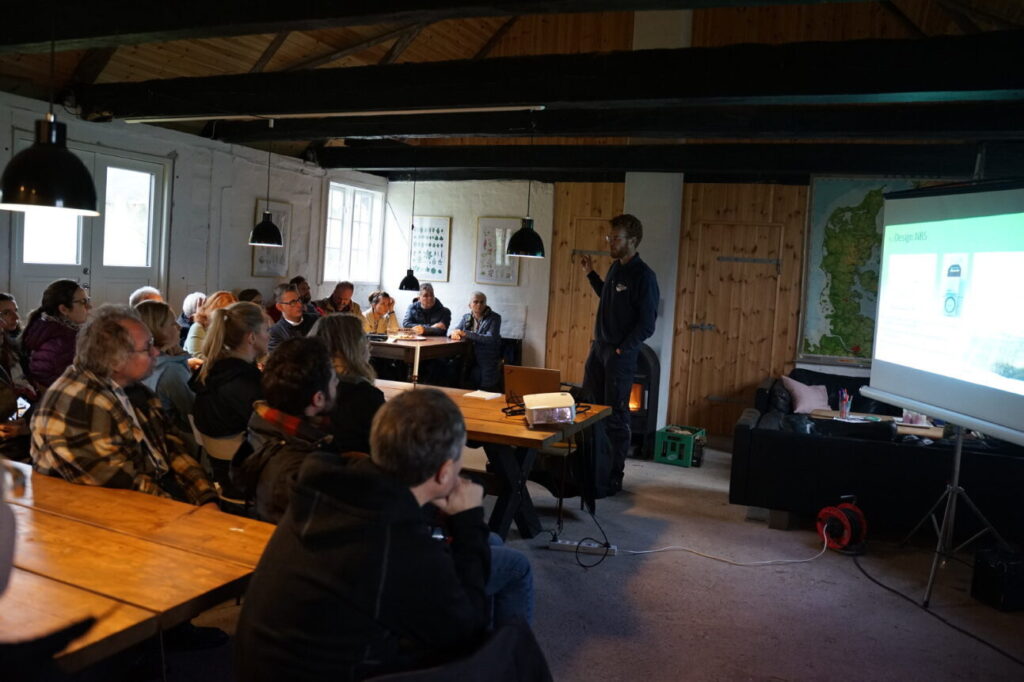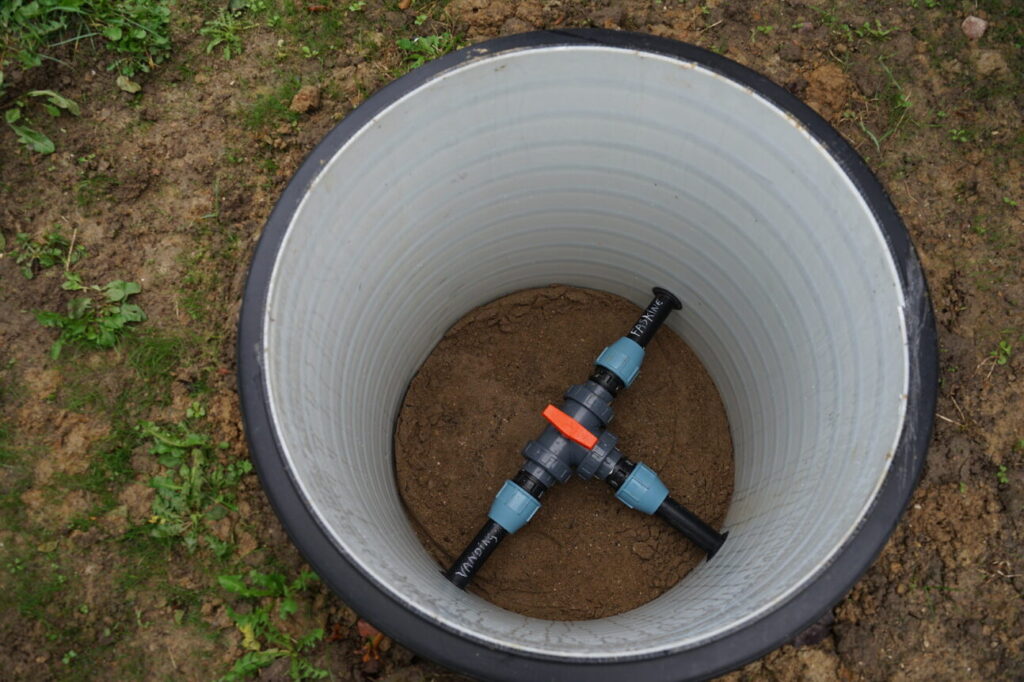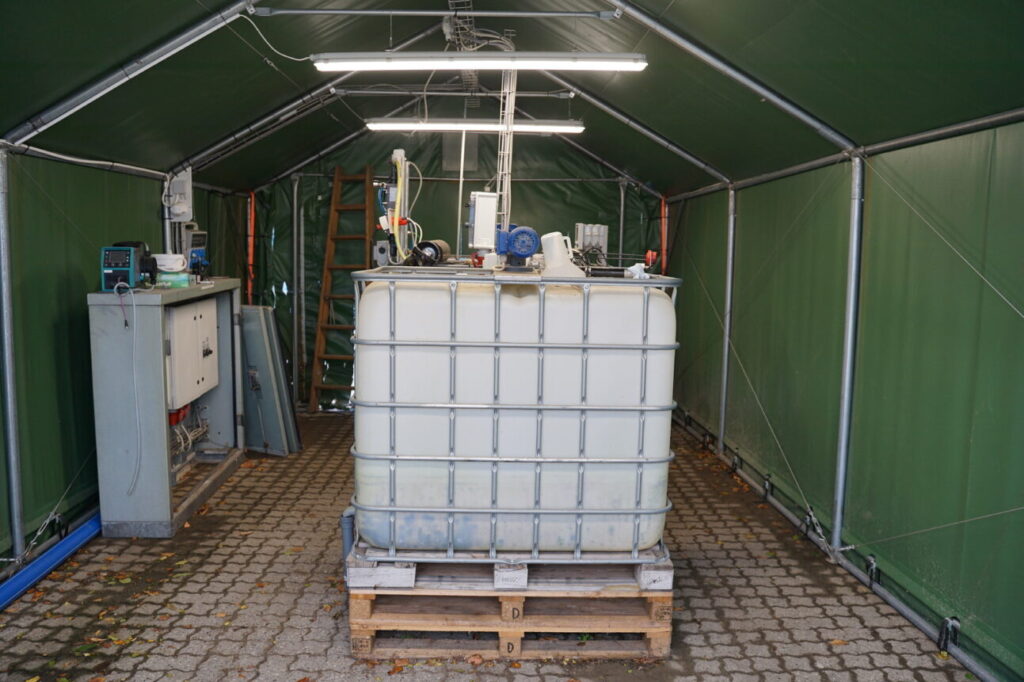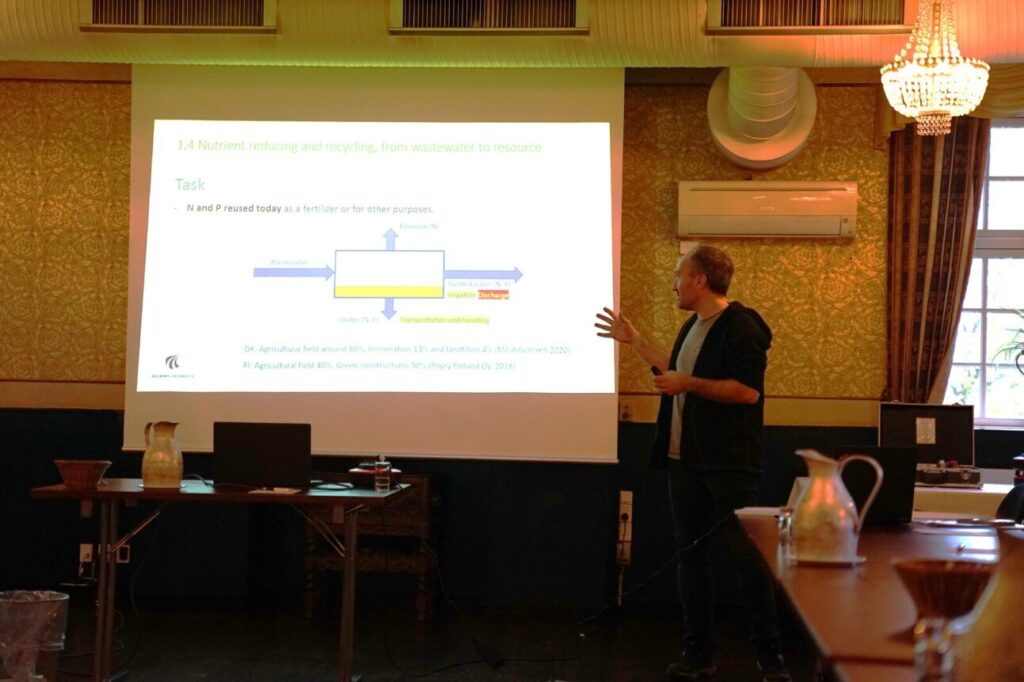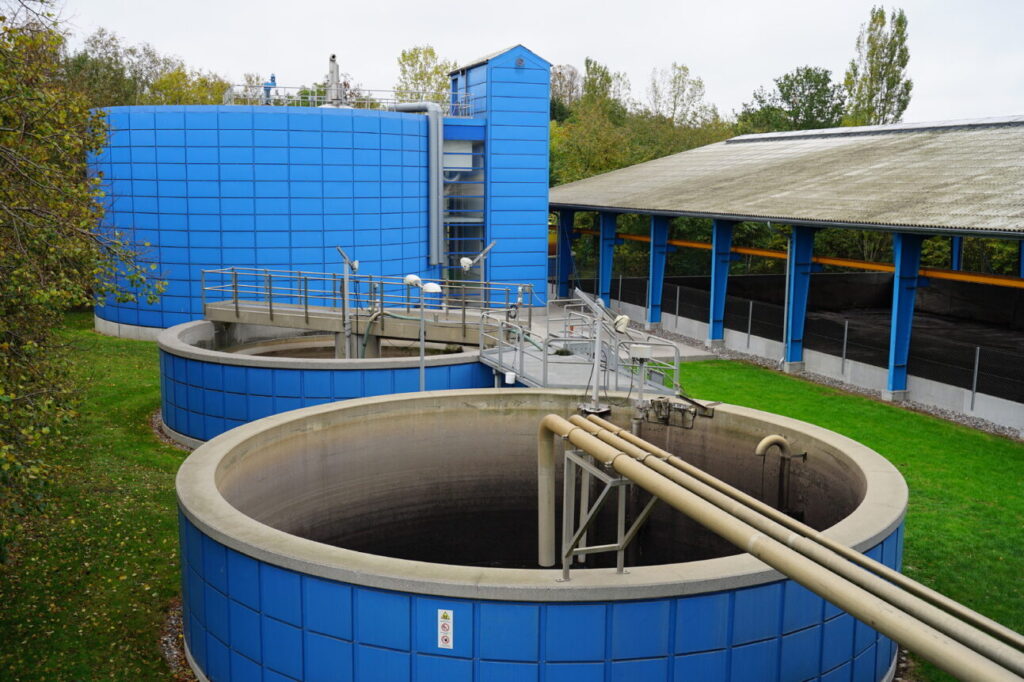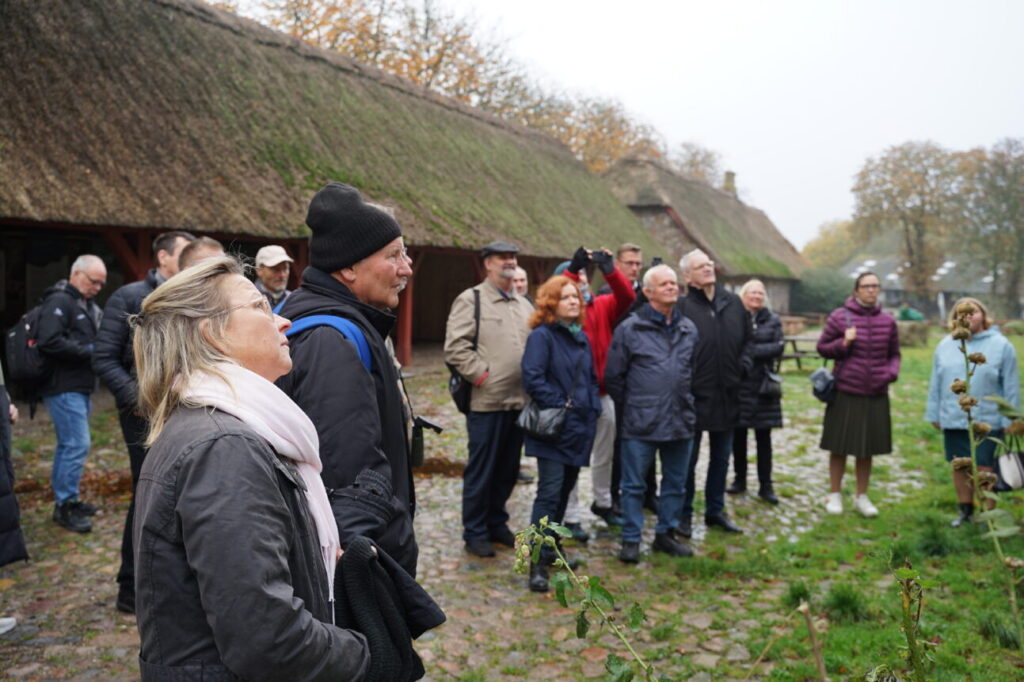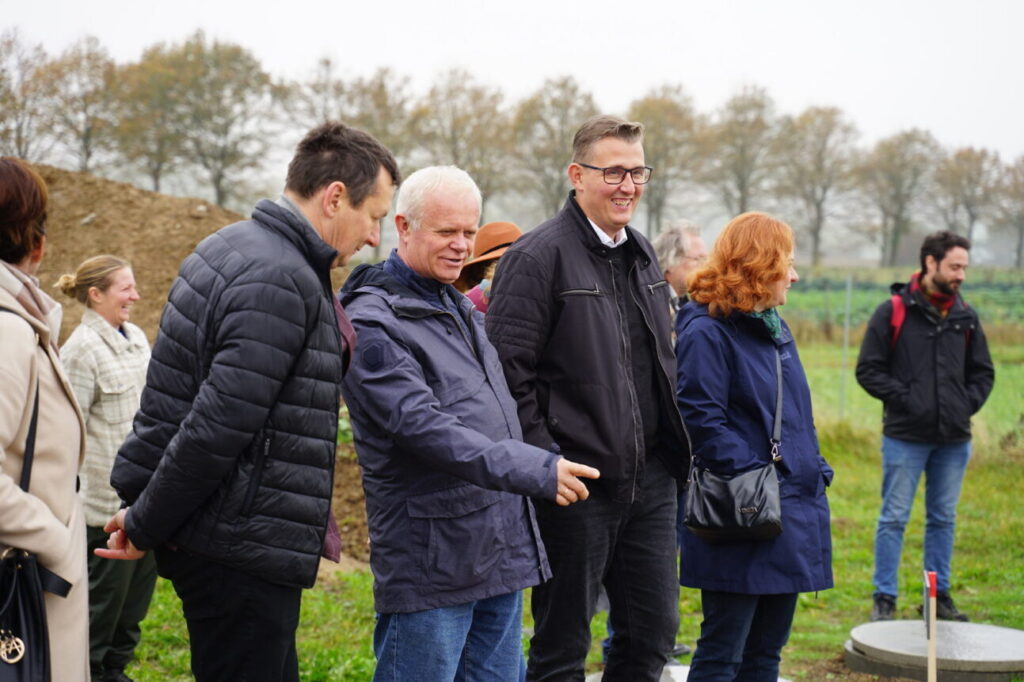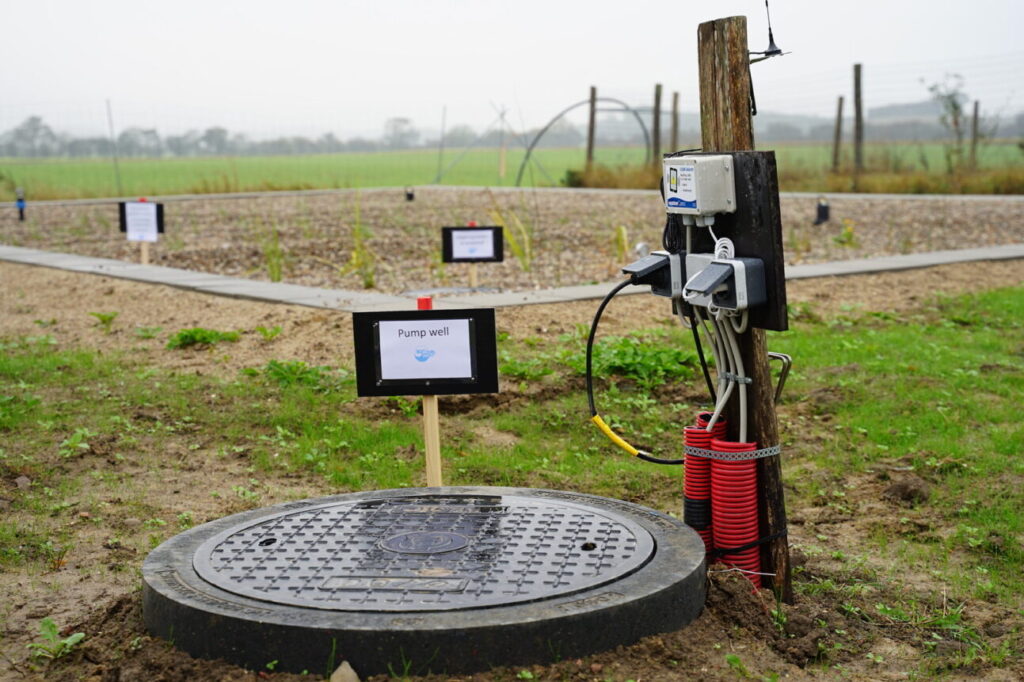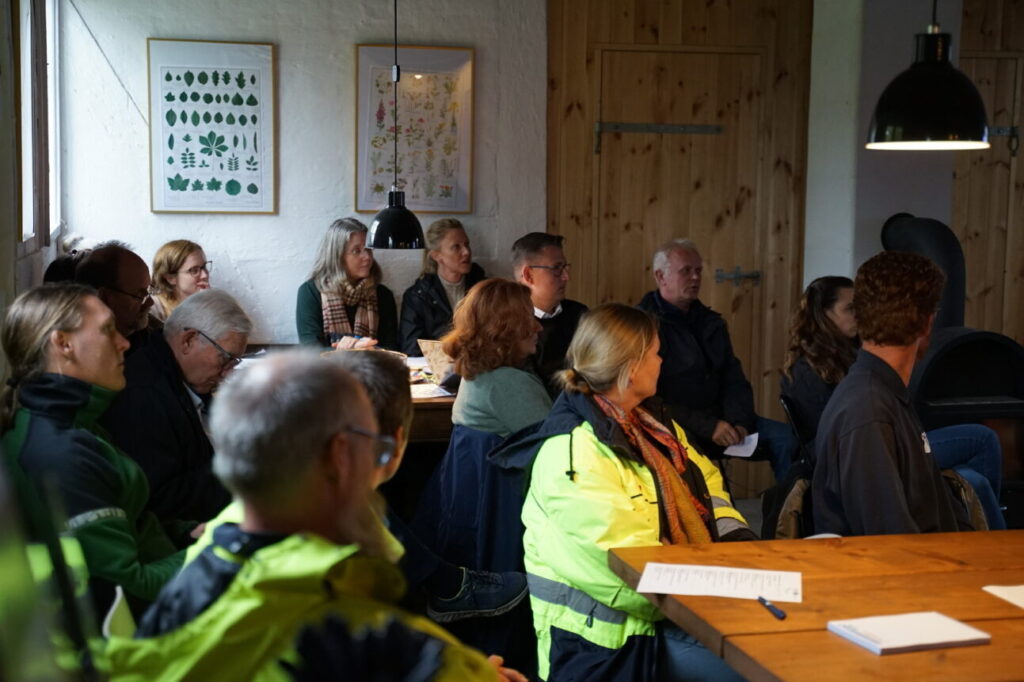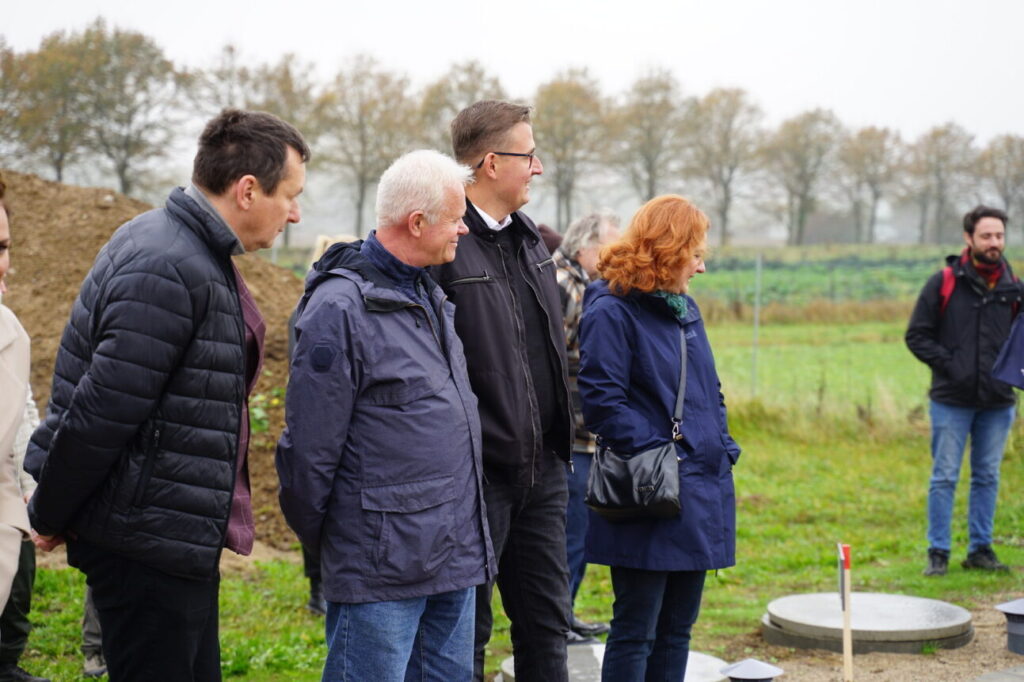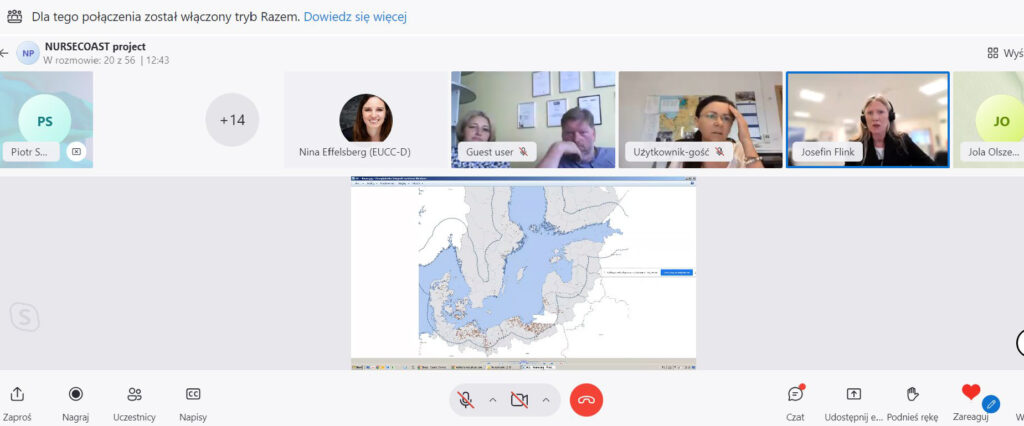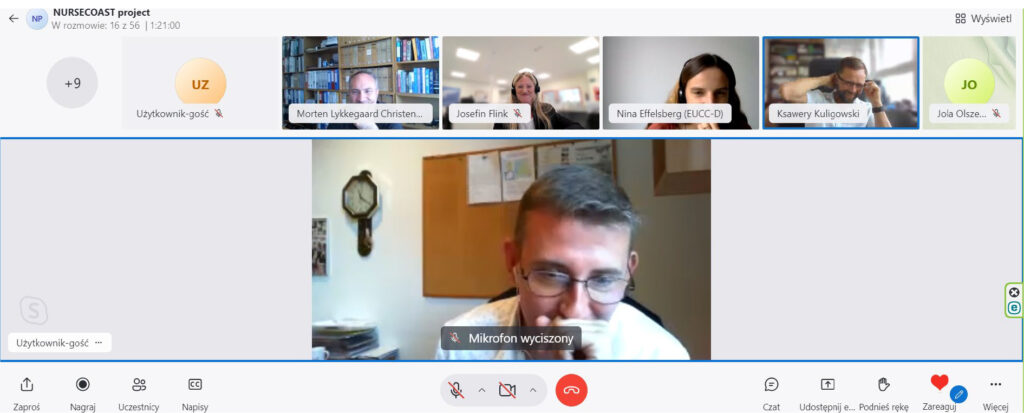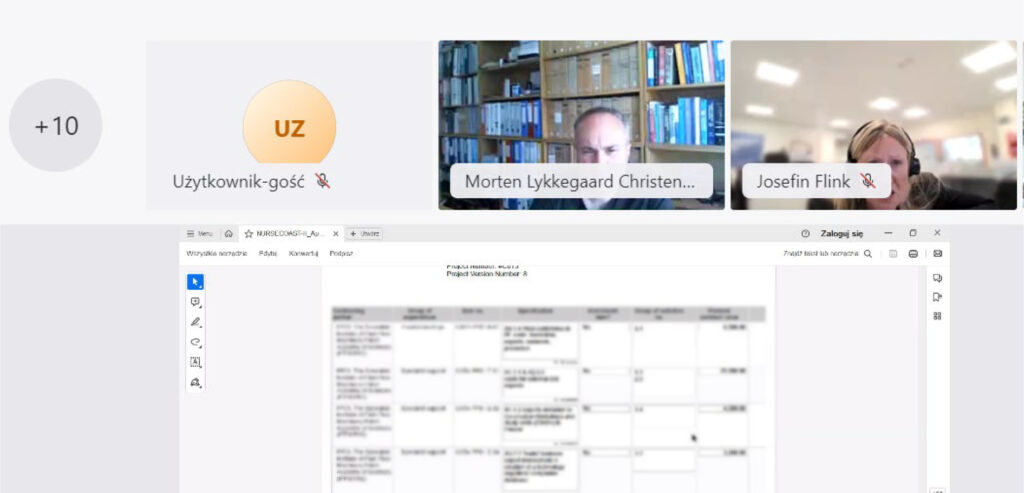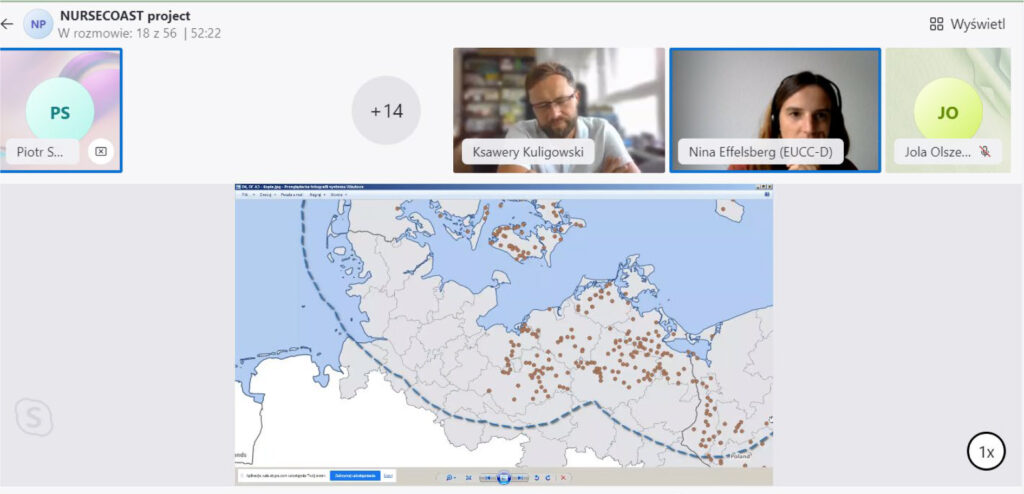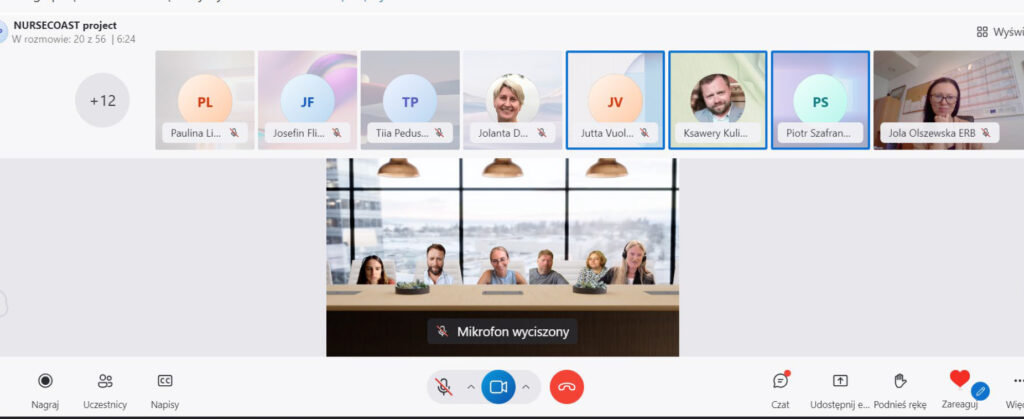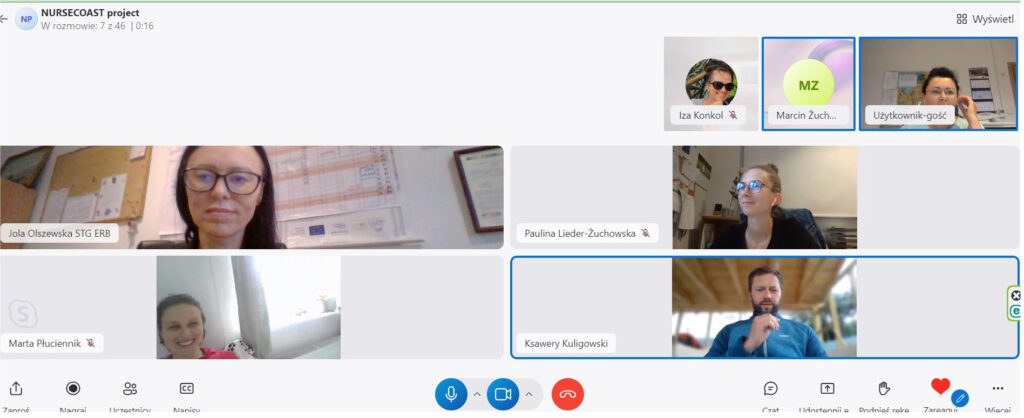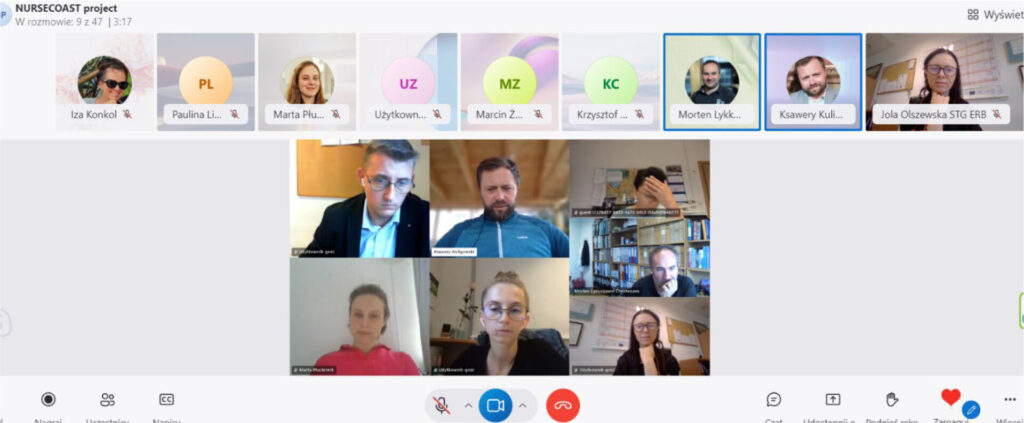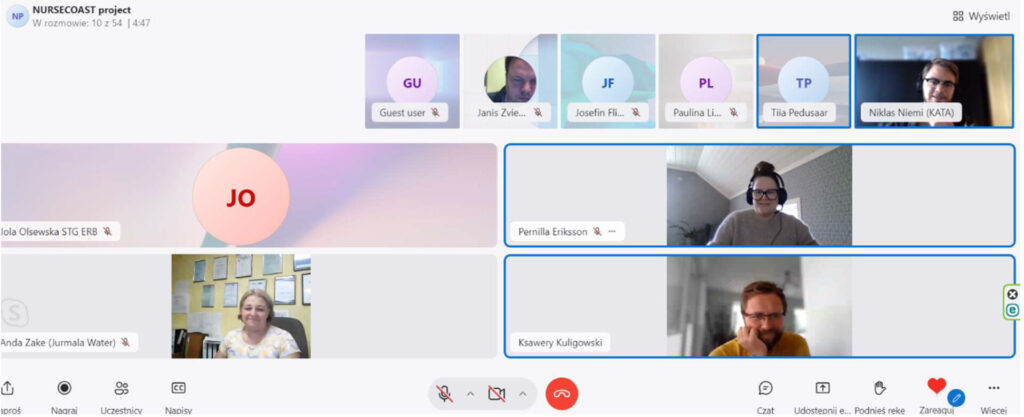Nursecoast-II study visit in Jurmala (Latvia)
Practical solutions for wastewater treatment plants in tourist regions are the focus of the Nursecoast-II project. The next location for a study visit and conference dedicated to "Practical Solutions for Wastewater Treatment Plants in Tourist Areas of the Baltic Sea Region" was Jurmaja in Latvia. On May 7-8, 2024, participants had the opportunity to visit the Latvian partner, who plans to build two types of wetlands using both Polish and Latvian methods: vertical and horizontal flow-constructed wetlands. Adjacent to the planned site is an old wastewater treatment plant from the previous century, which will be replaced by the new, more efficient, and economical constructed wetland.
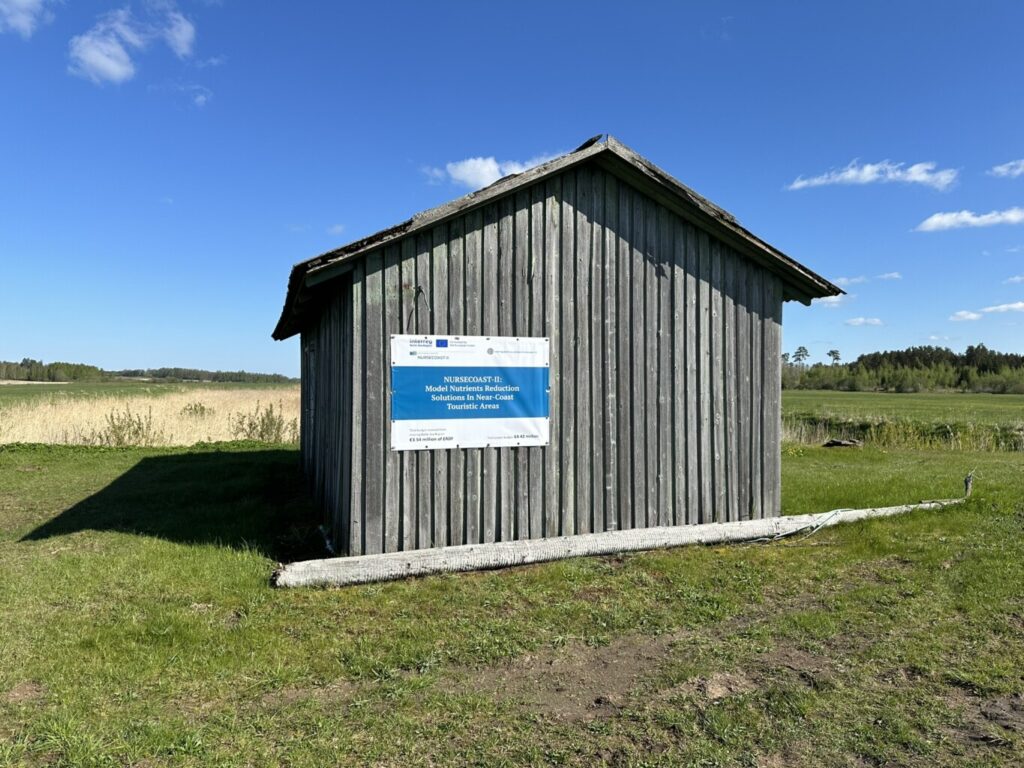
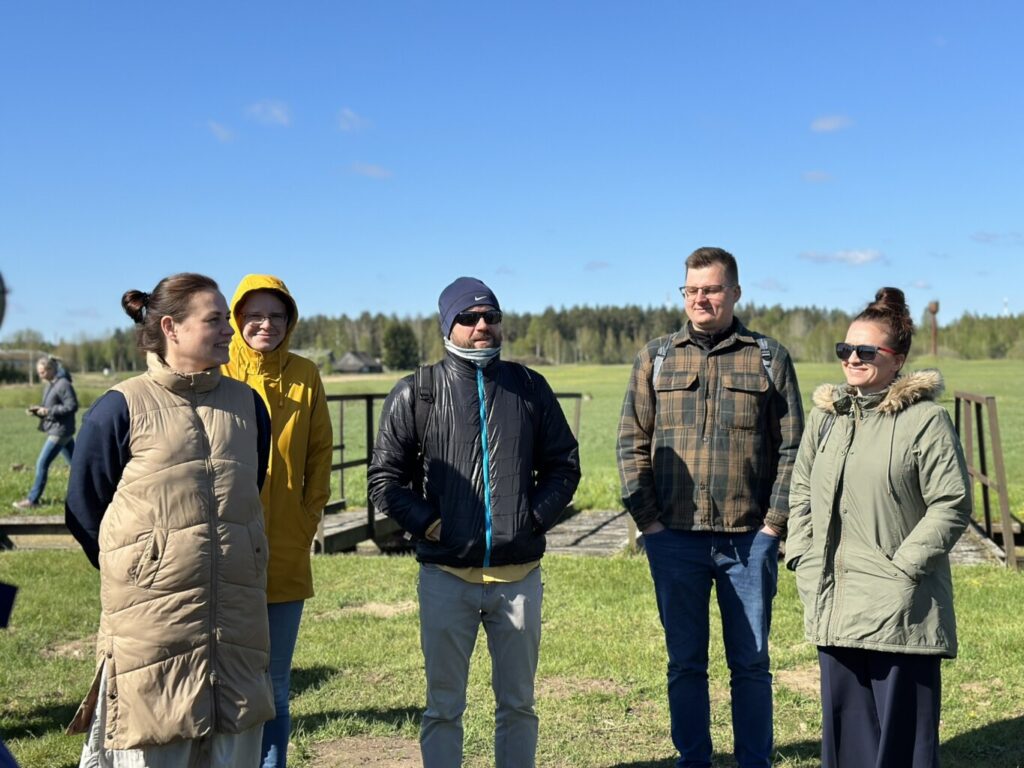
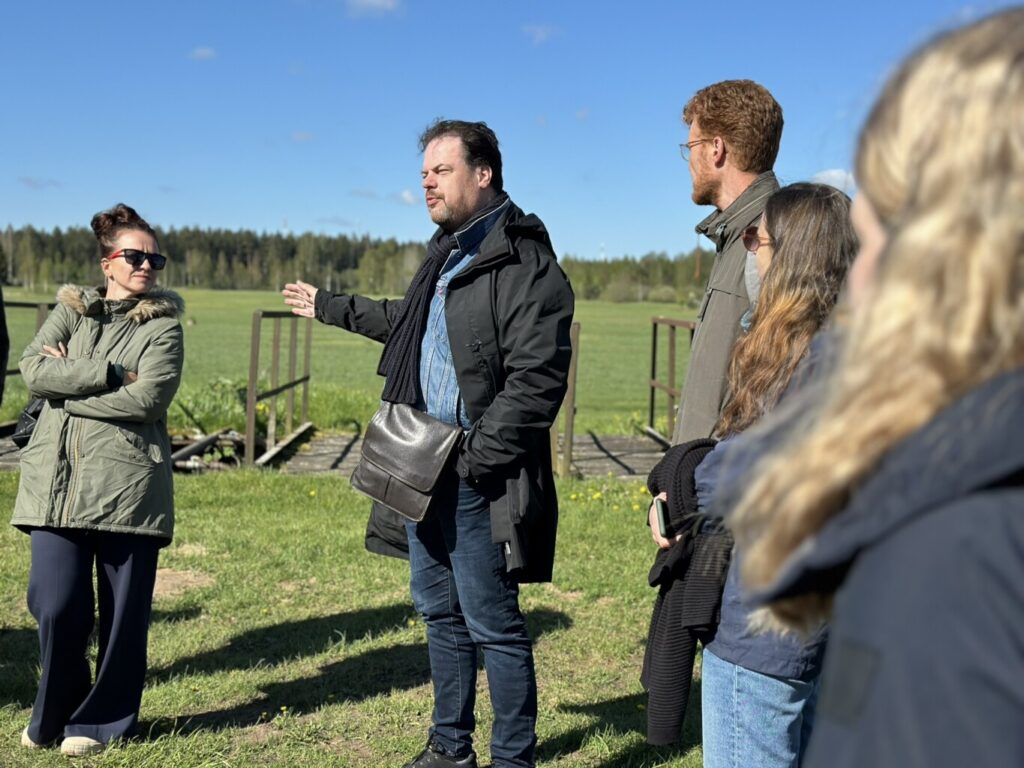
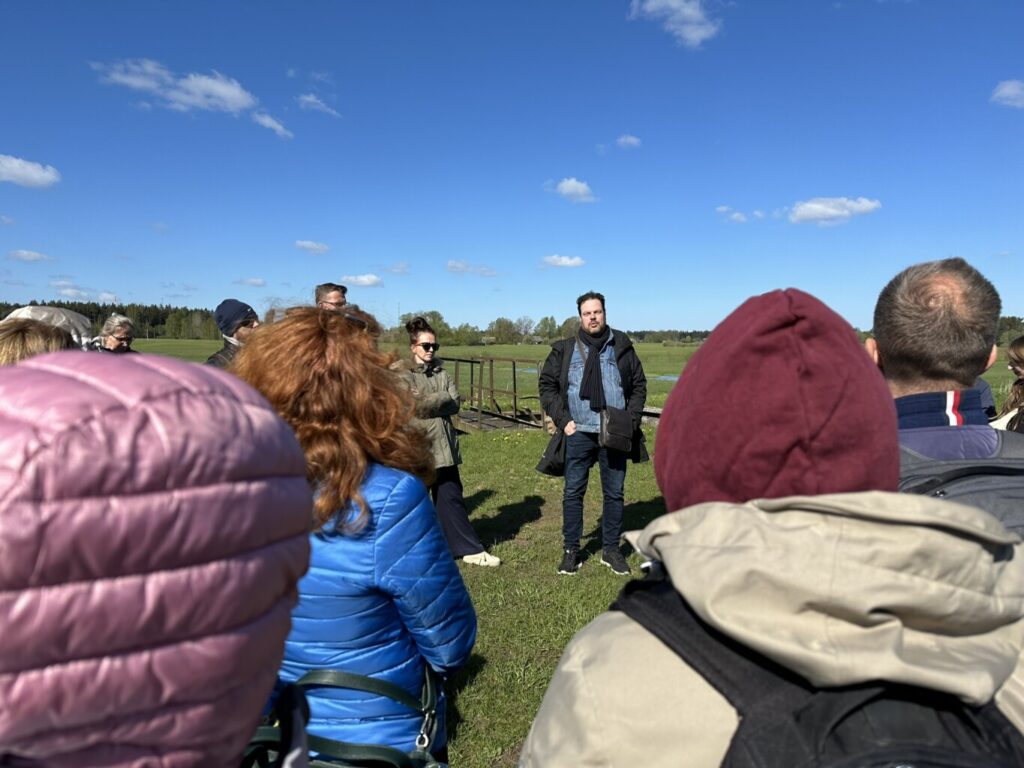
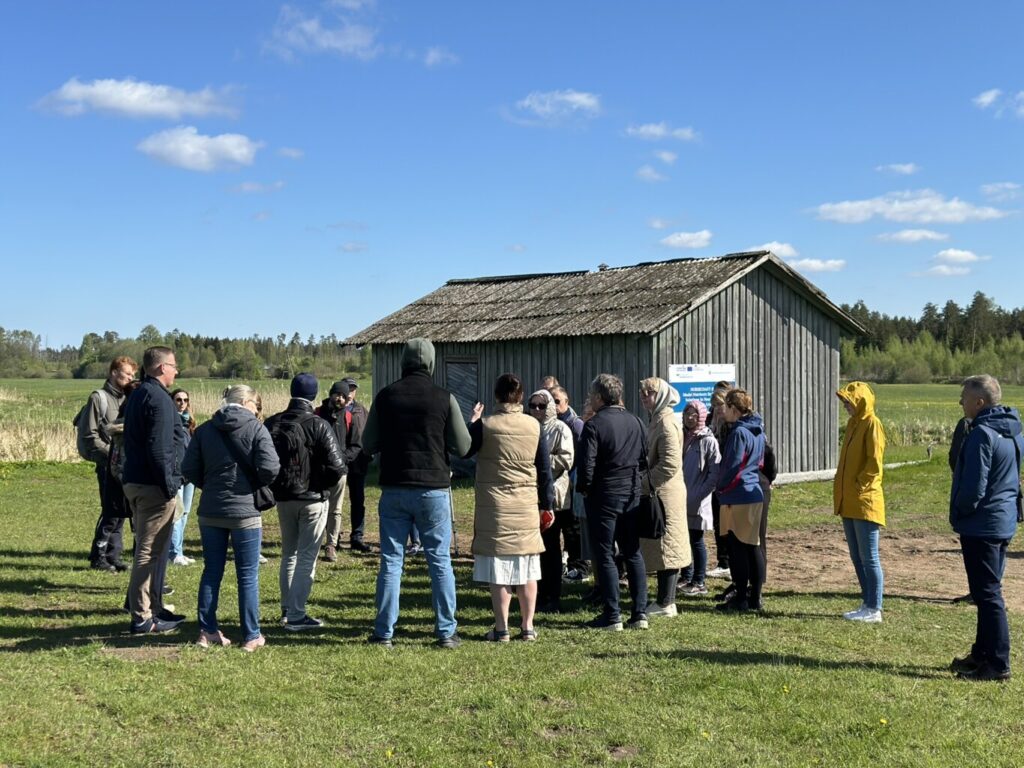
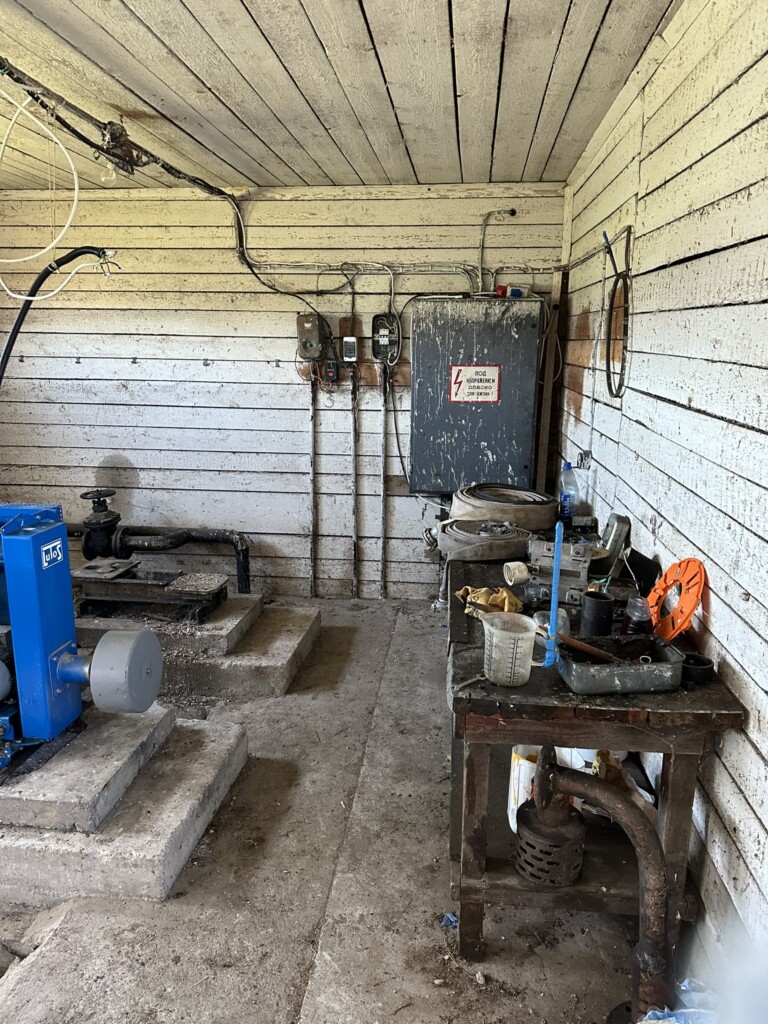
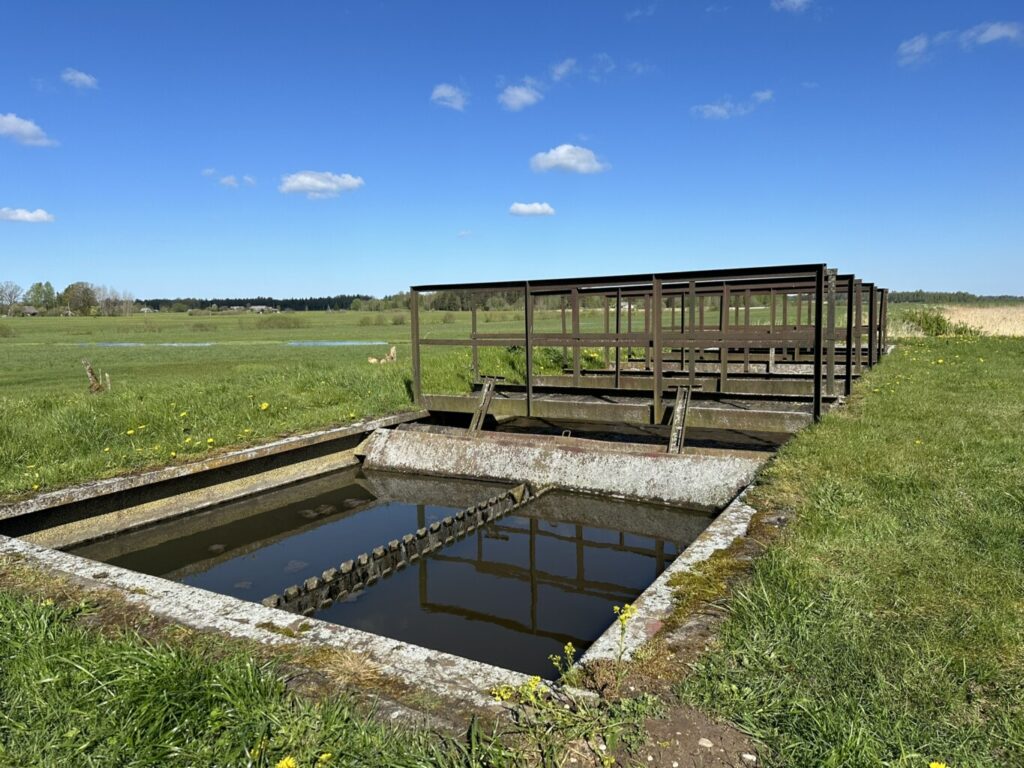
The second location for the study visit was a wastewater treatment plant where a pilot solution using the nanobubbles method will be tested. During the visit, the partner presented the current solution and the site where the new nanobubbles generator will be installed.
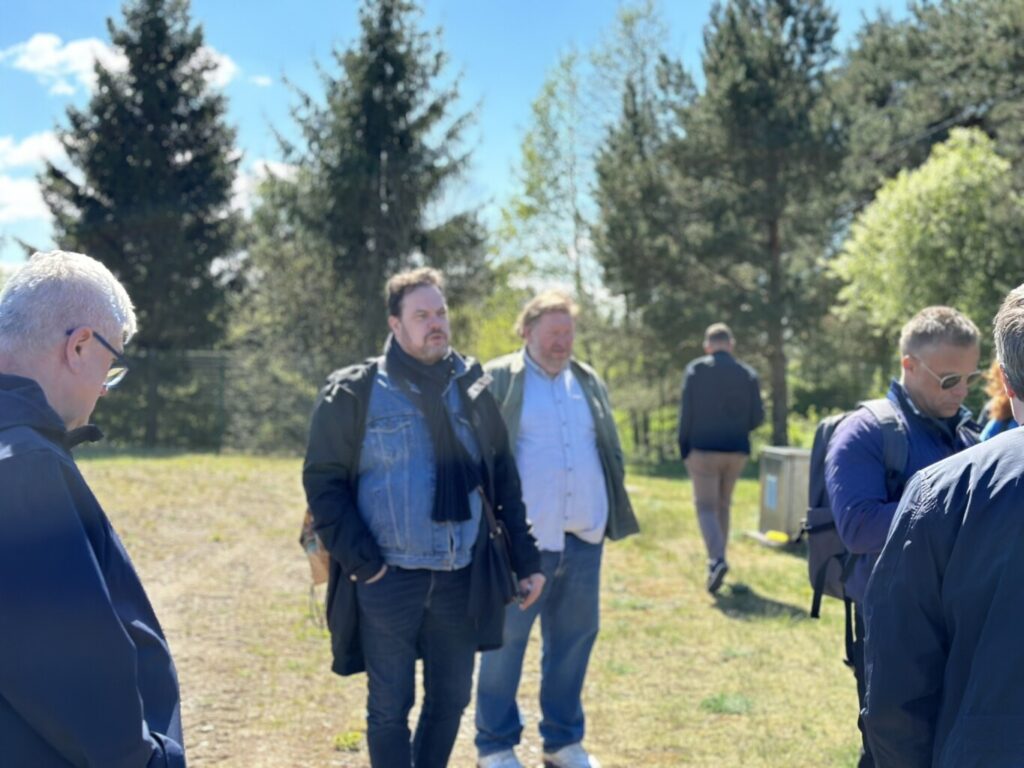
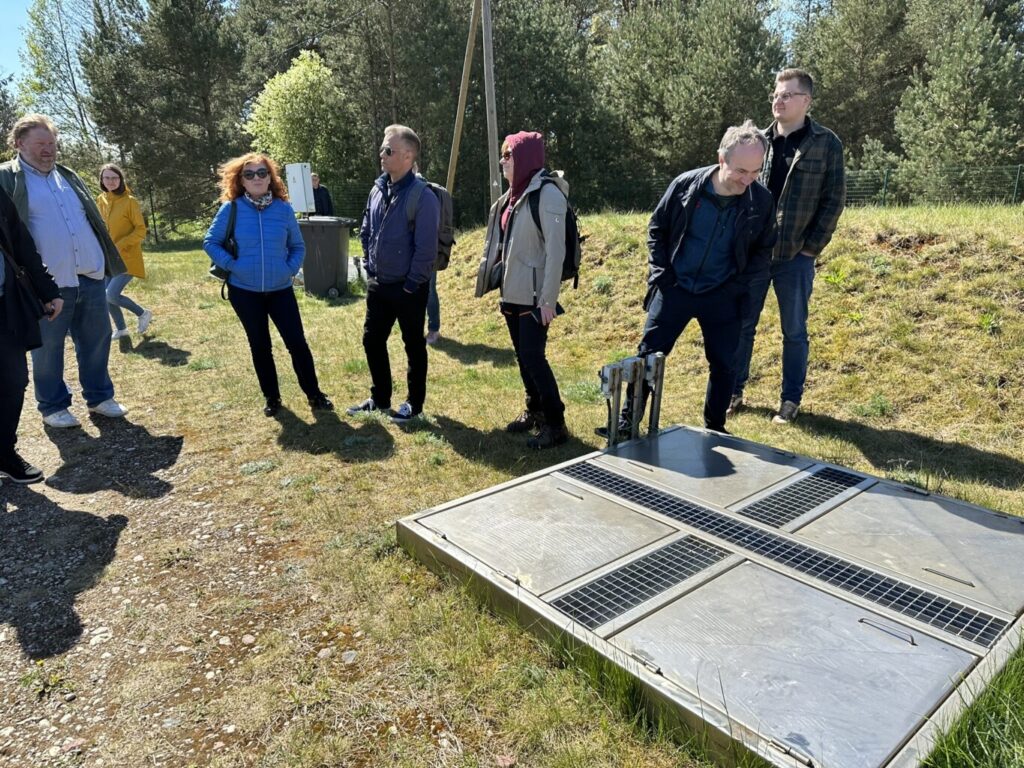
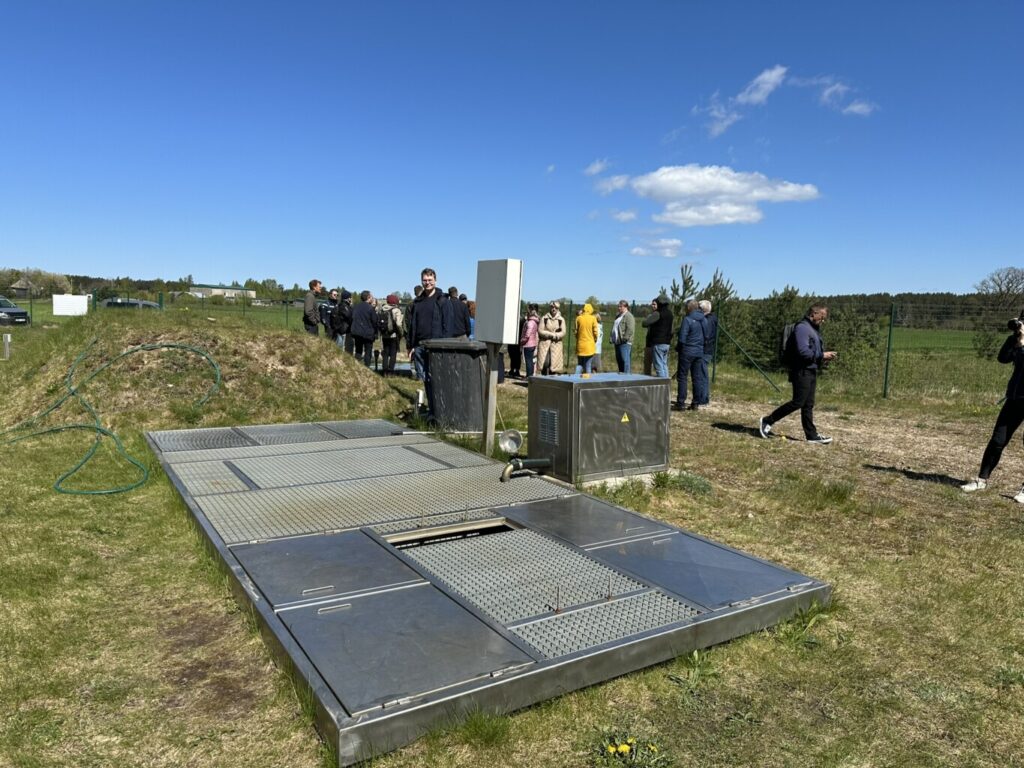
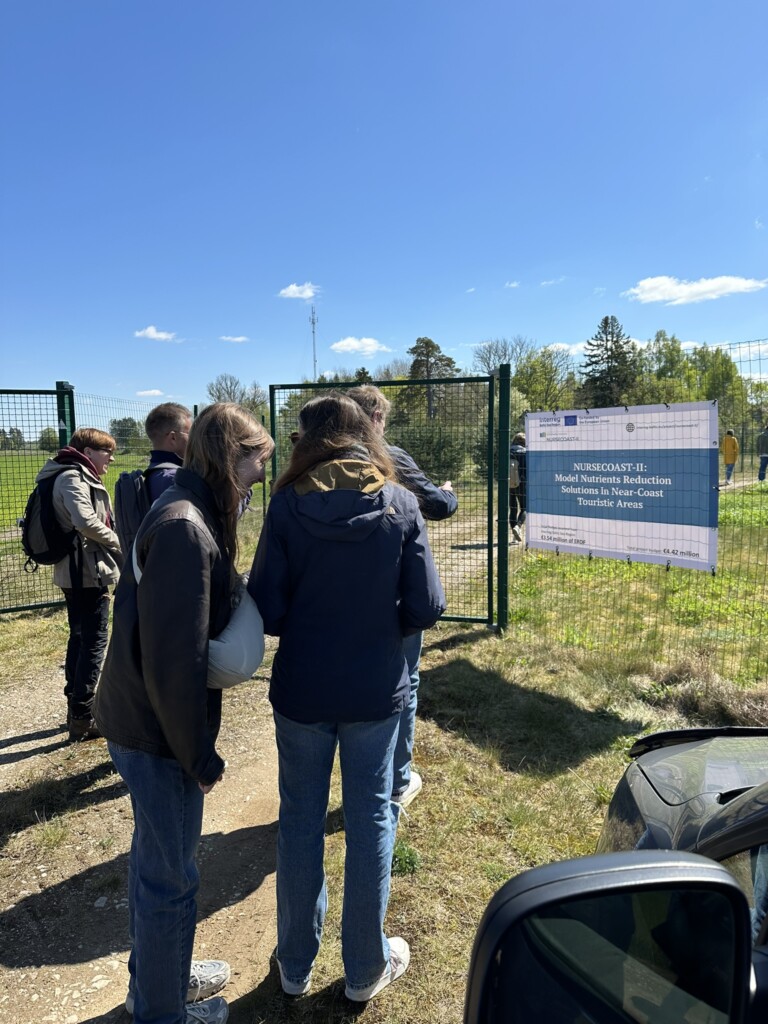
The day ended with a peer review workshop conducted by the German partner EUCC-D, where participants worked on questions related to economic, environmental and ecological aspects of conducting pilot projects.
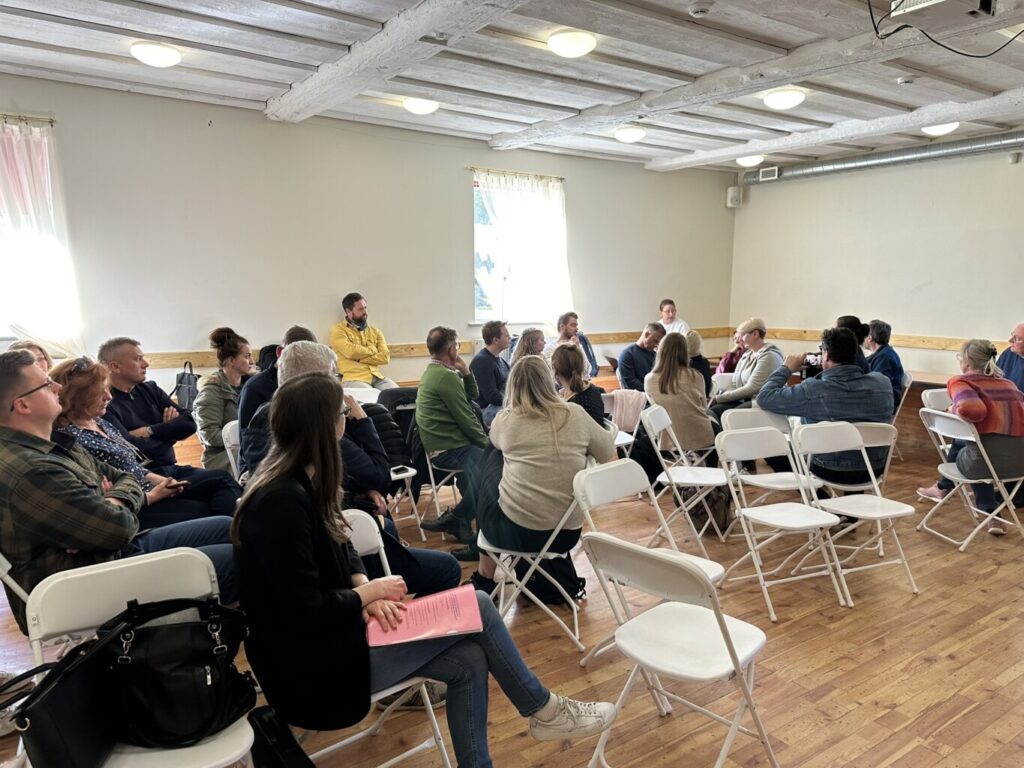
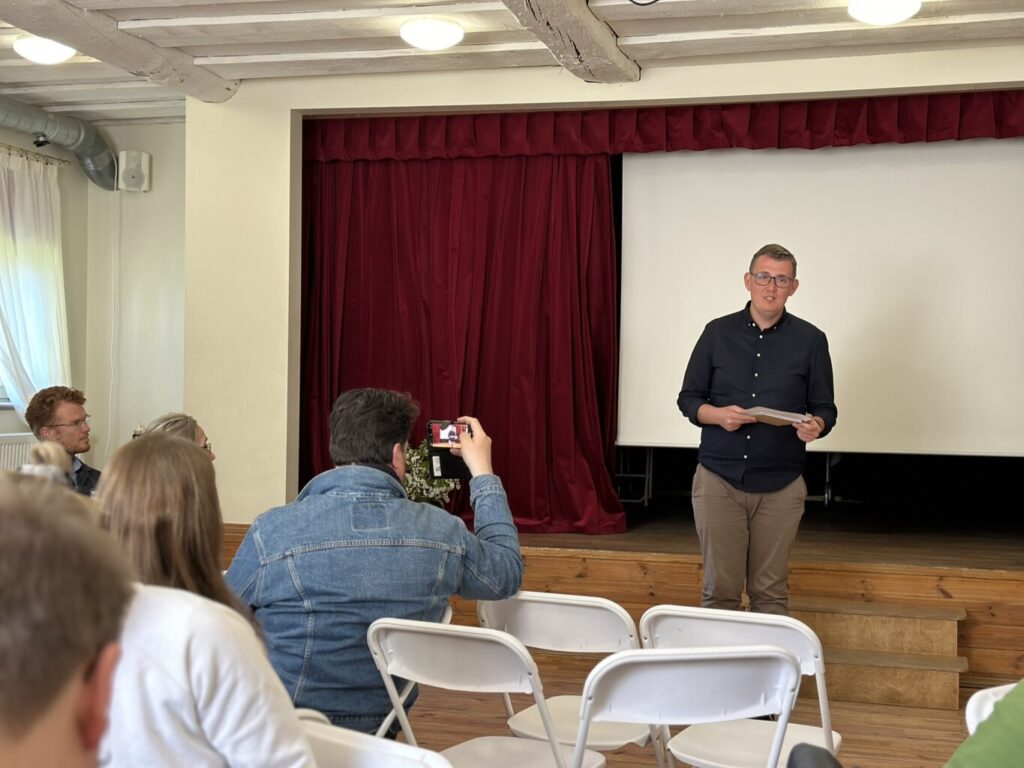
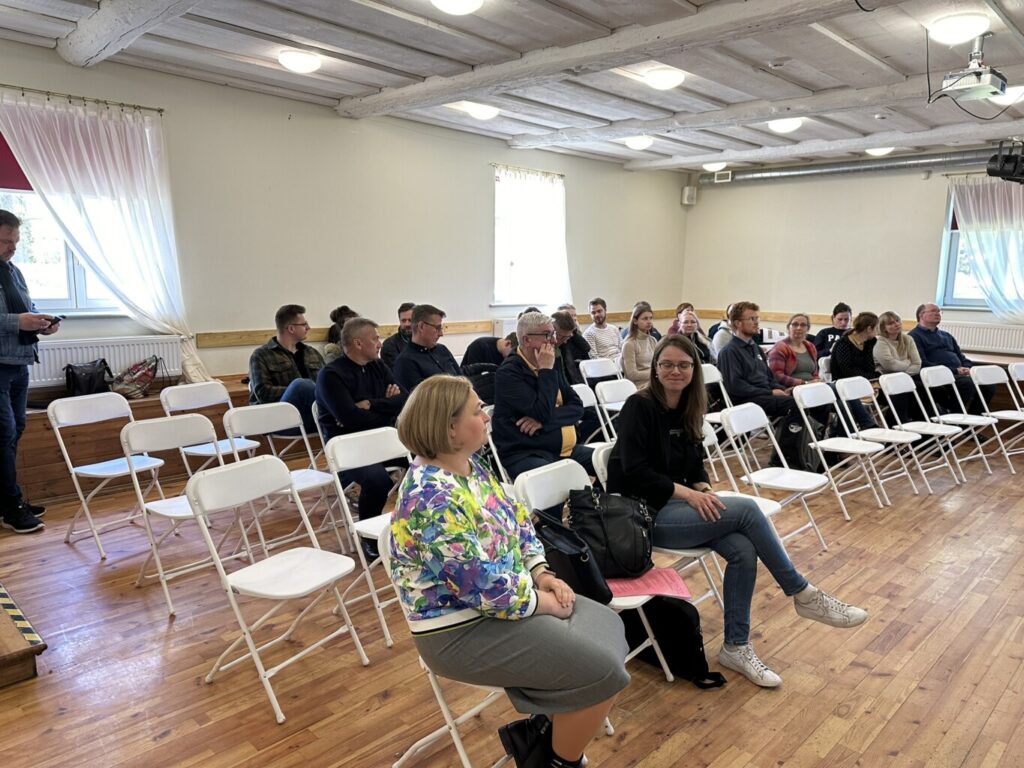
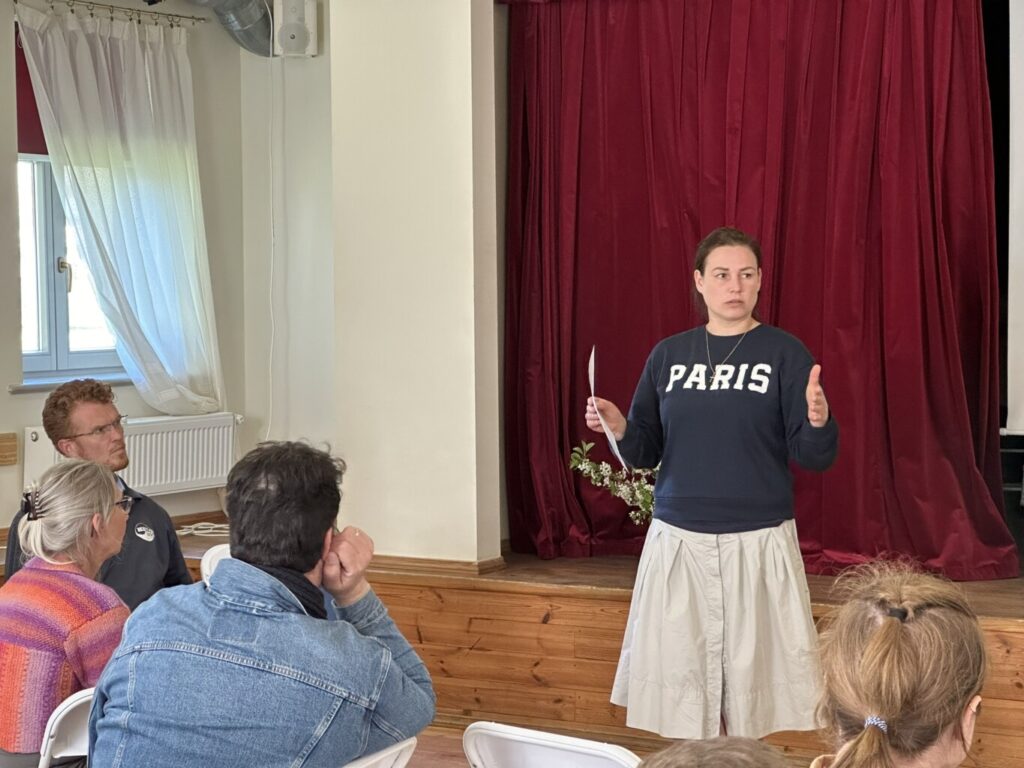
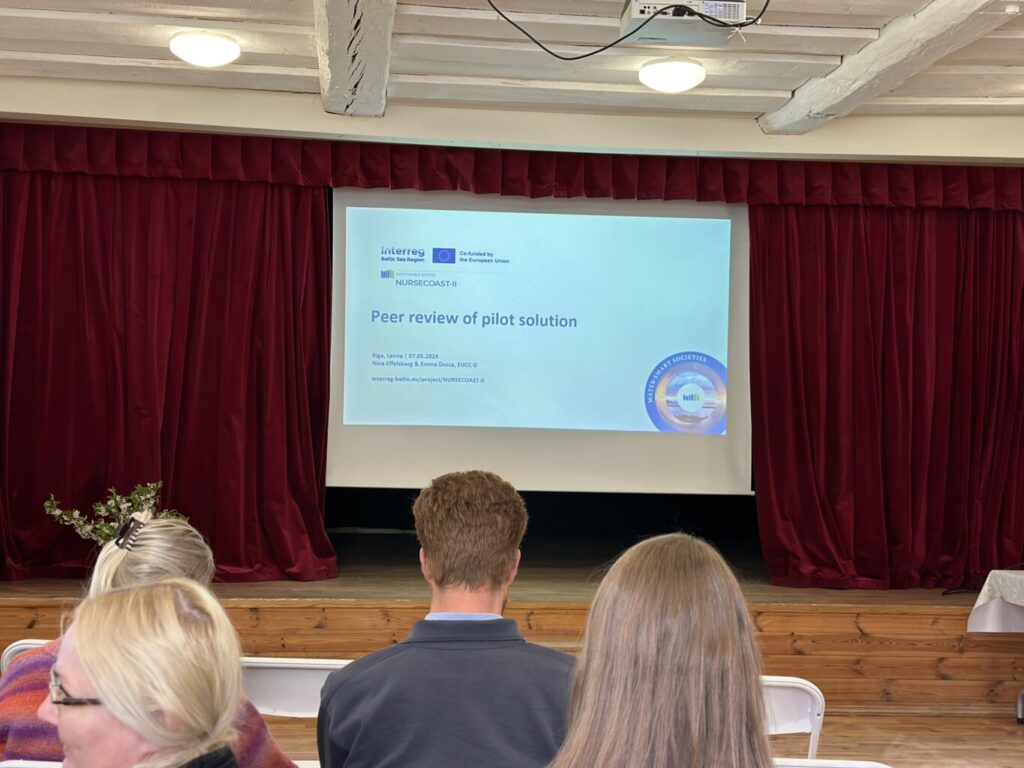
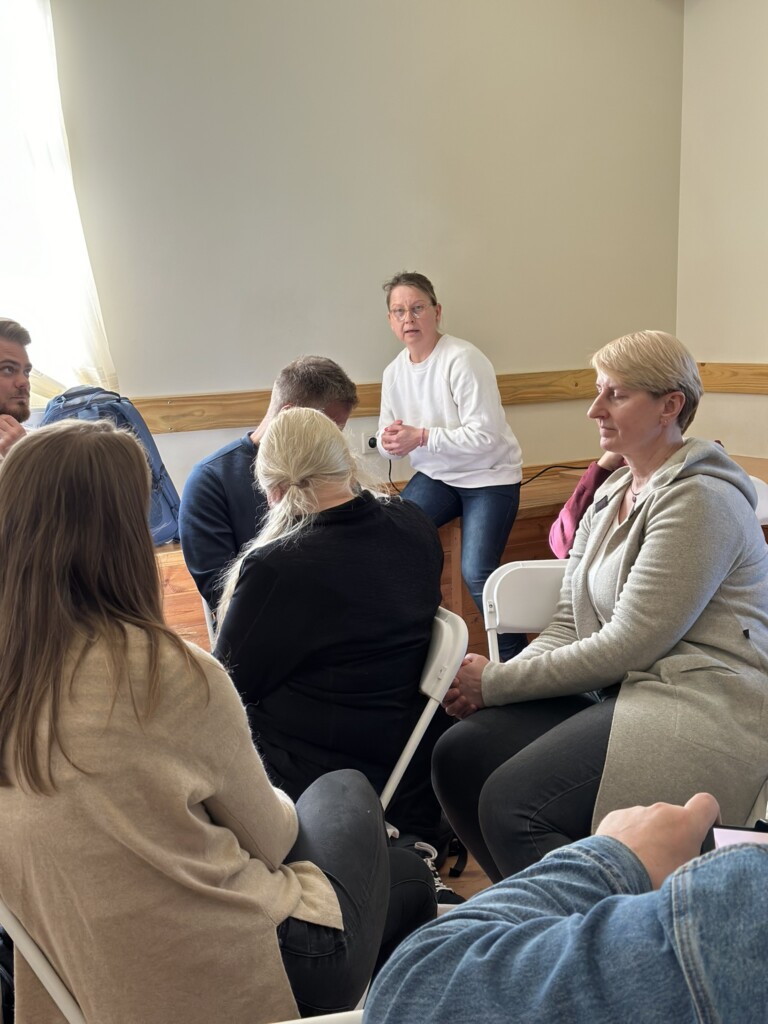
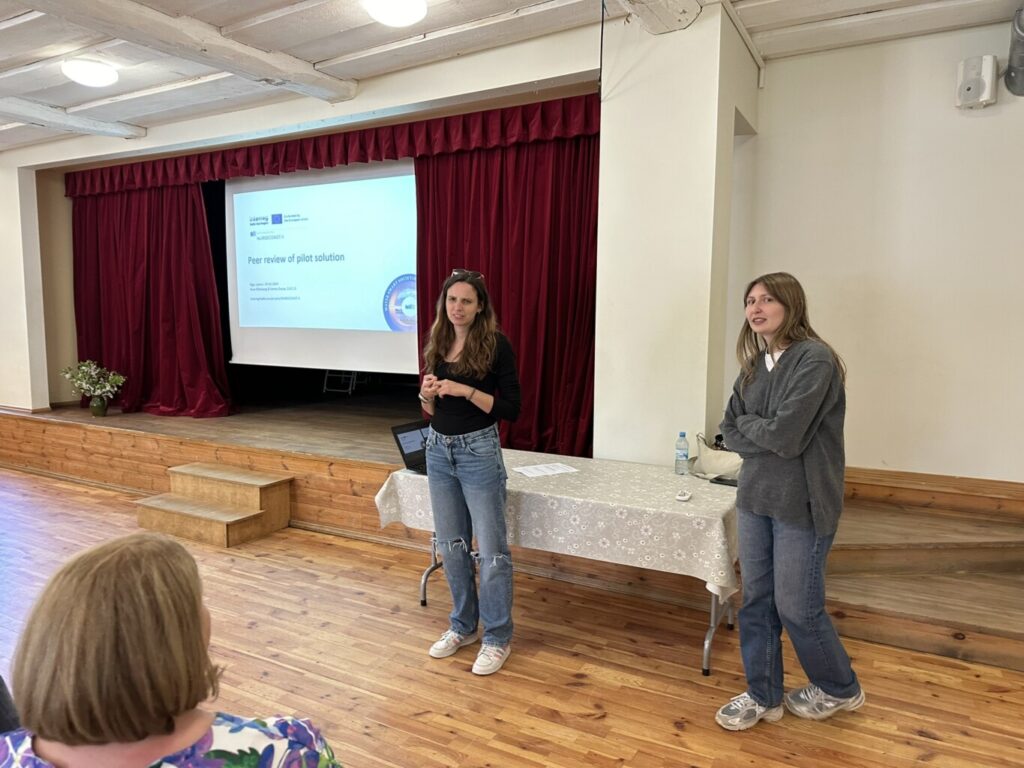
The second day of the Nursecoast-II project event was divided into two workshop sessions:
- Peer-to-peer review of the pilot project in Latvia
- Co-creation in the form of a World Café
The first workshop aimed to support the implementation of the pilot project in Latvia. The association, as the project partner responsible for this task, along with an engaged expert, addressed questions regarding the optimal execution of the pilot. As with previous peer-to-peer review workshops, a report will be prepared, which the Latvian partner can use to carry out the pilot project.
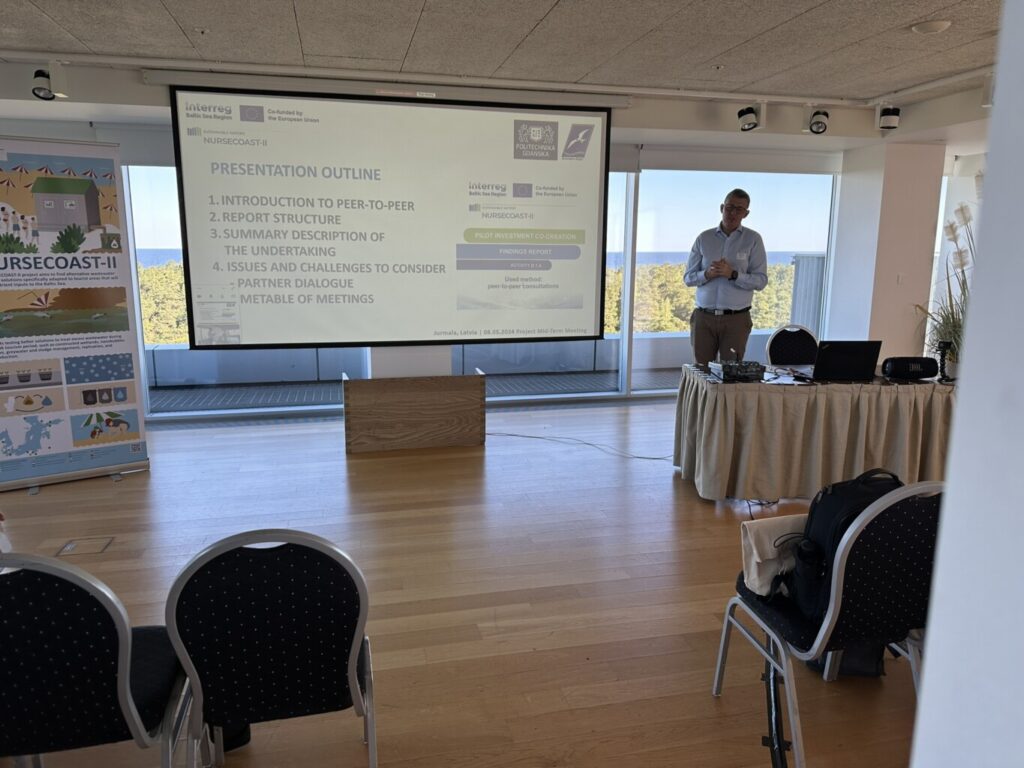
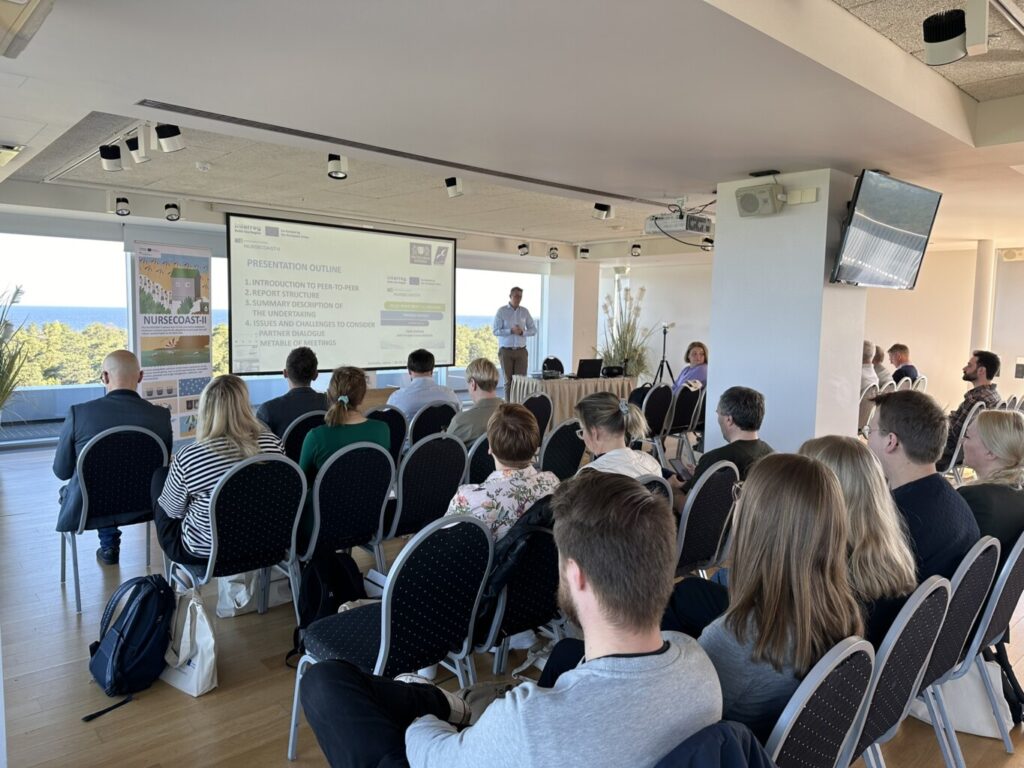
The second workshop, in the form of a World Café, focused on three topics discussed by participants at different tables:
- Benefits
- Barriers
- Information dissemination
The facilitators introduced the topics that the participants worked on. The brainstorming sessions yielded interesting ideas from the project partners. These ideas will be collected and analyzed to improve communication and raise awareness among residents and authorities.
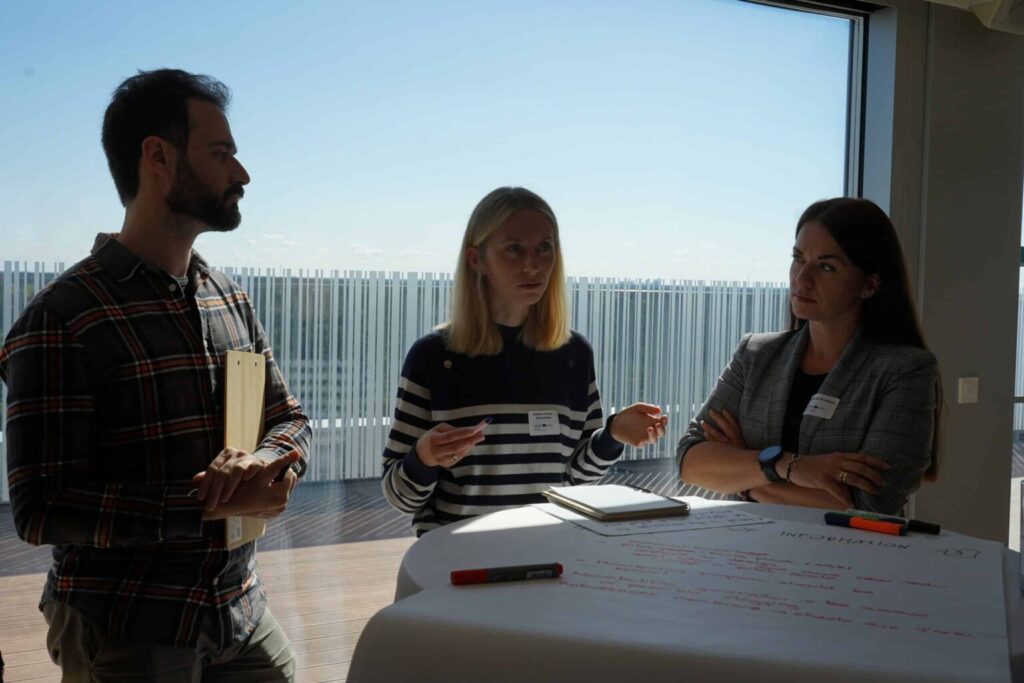
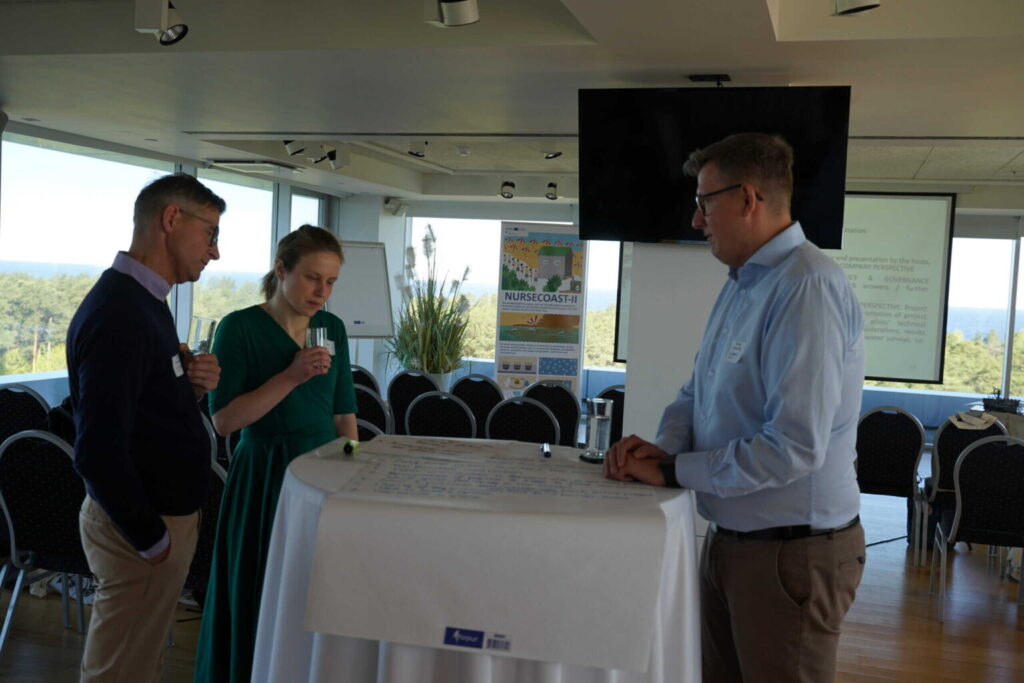
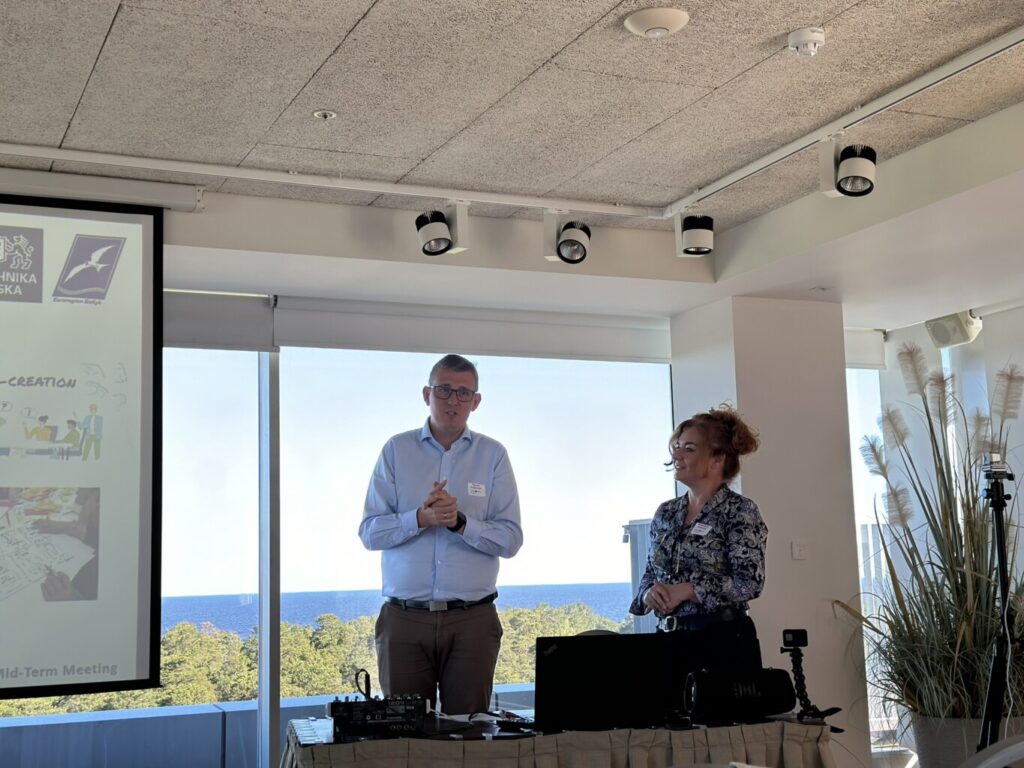
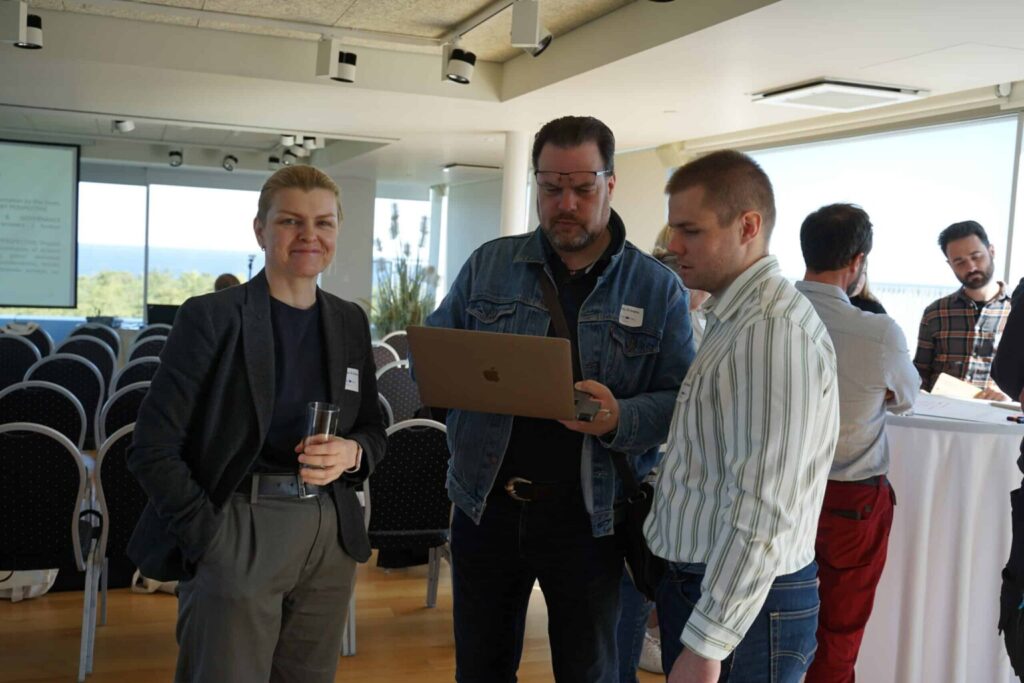
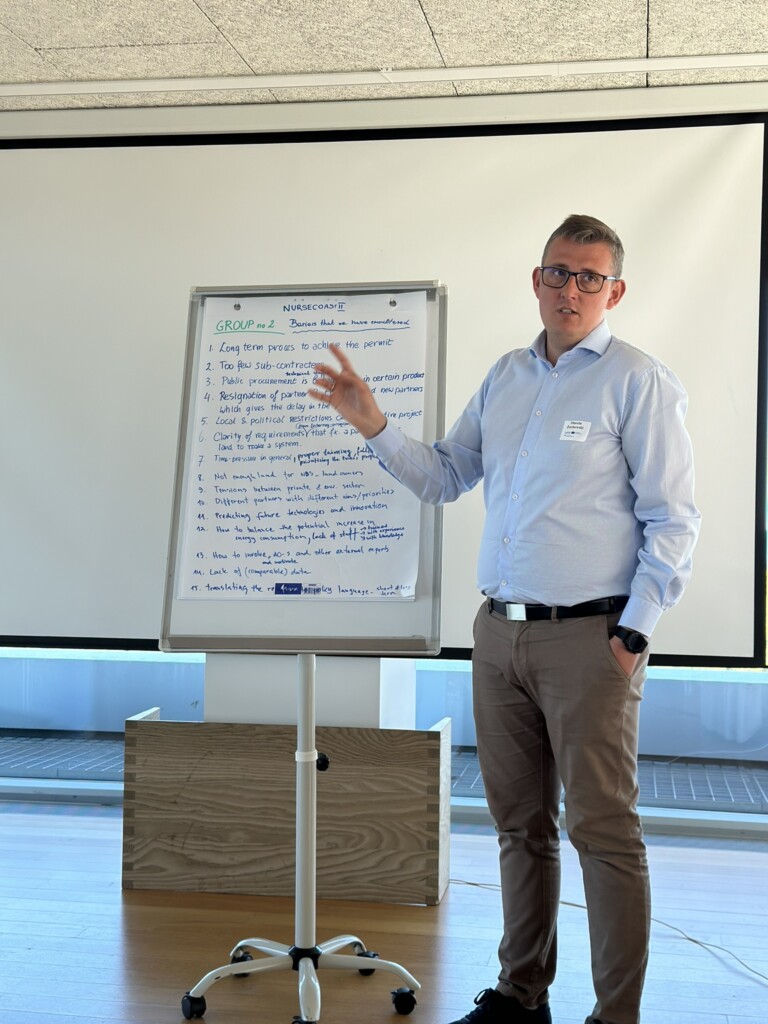
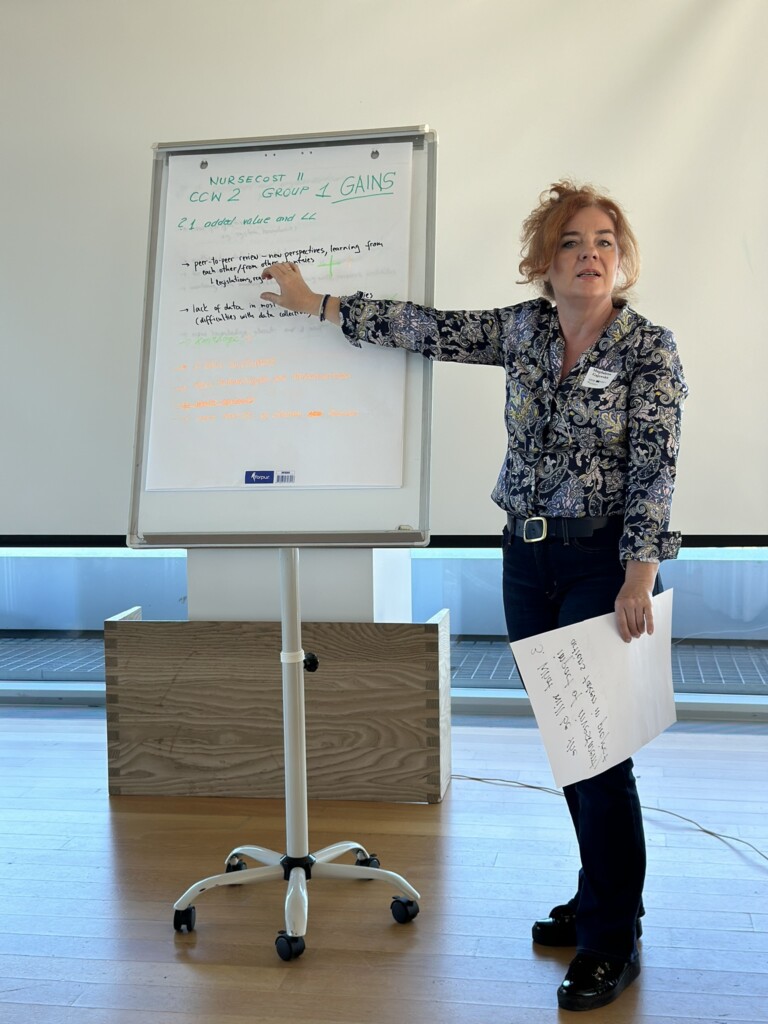
The second part of the event was dedicated to a hybrid conference. Participants were welcomed by the authorities of Jurmala, and Jurmala Water discussed the water situation in the region. The presentations were as follows:
- GoodWater Life project
- IMP PAN presented the project results achieved so far
- LUKE from Finland showcased the technical preparation of the pilot project
- Natural Resources Institute Finland reported on the results of the conducted questionnaire
- EUCC - Die Küsten Union Deutschland e.V. discussed socio-economic issues
Additionally, there were presentations from invited guests and associated partners, including the City of Braniewo and the Municipality of Tolkmicko. The work on pilot projects in Finland, Denmark, Poland, and Latvia was also showcased.
